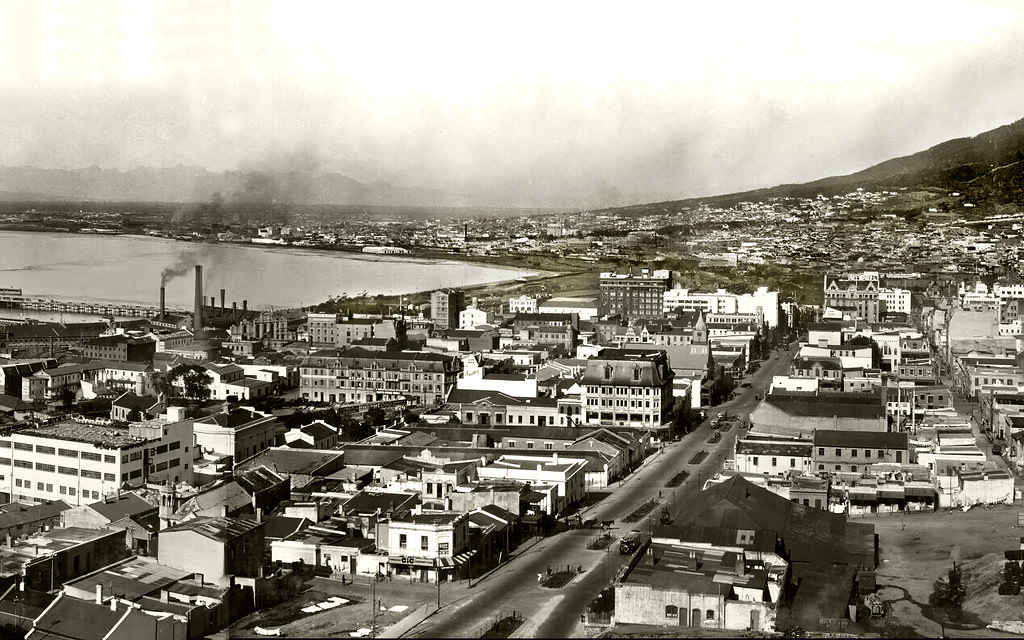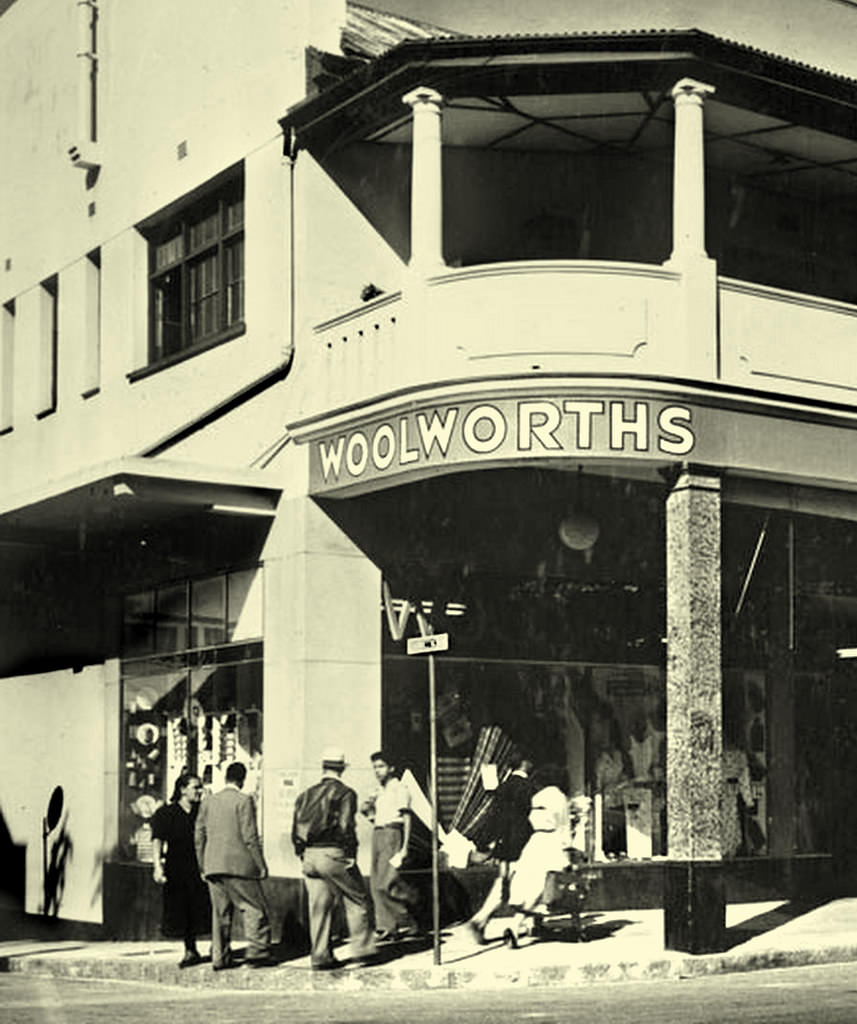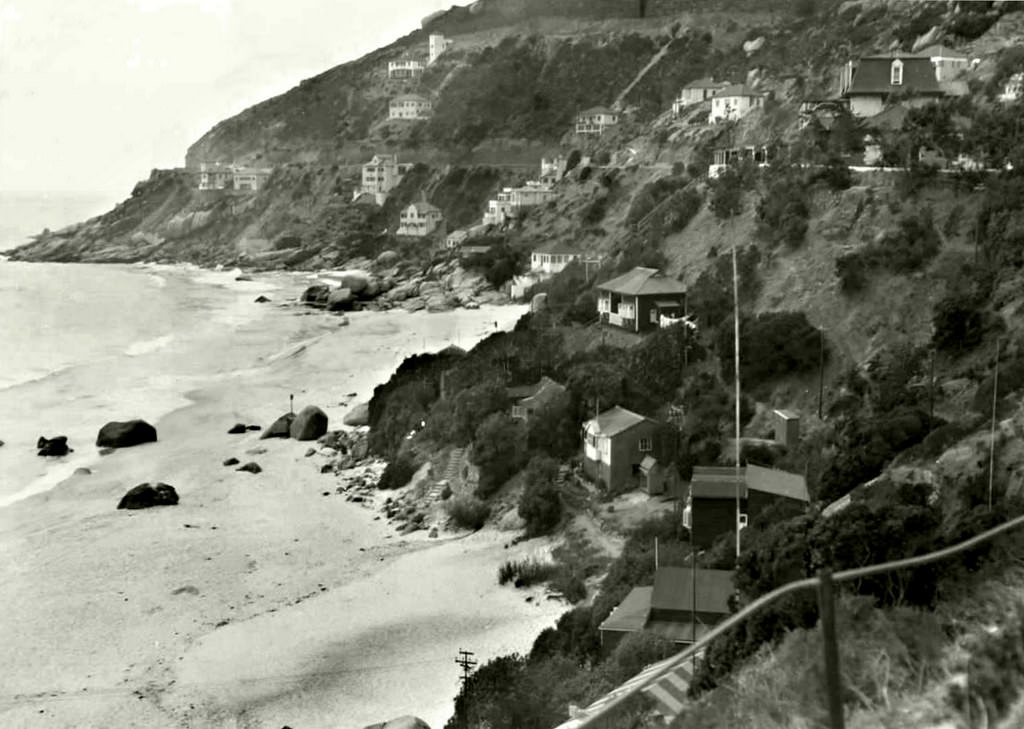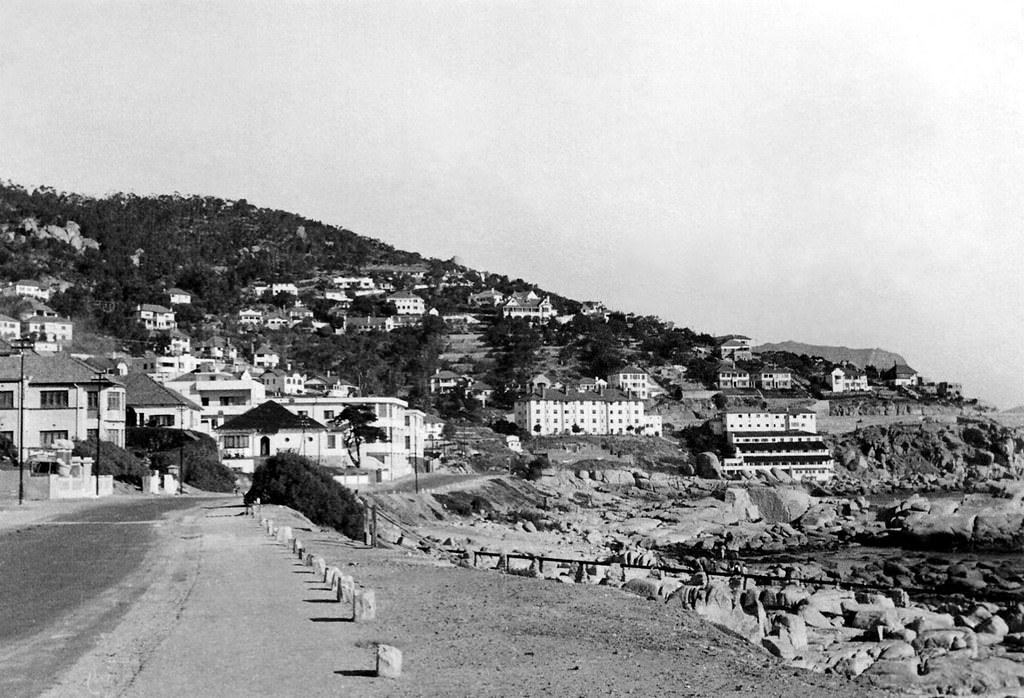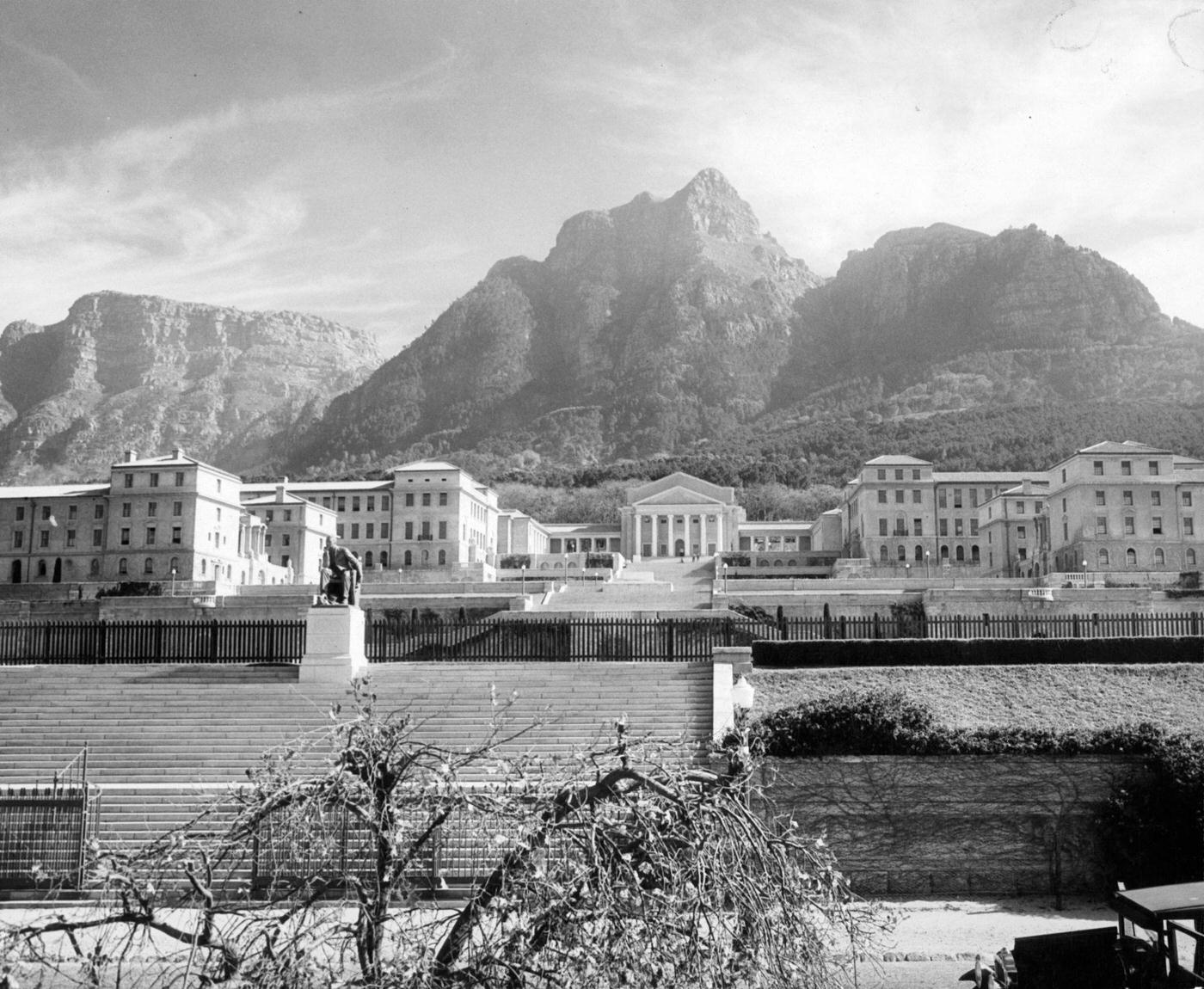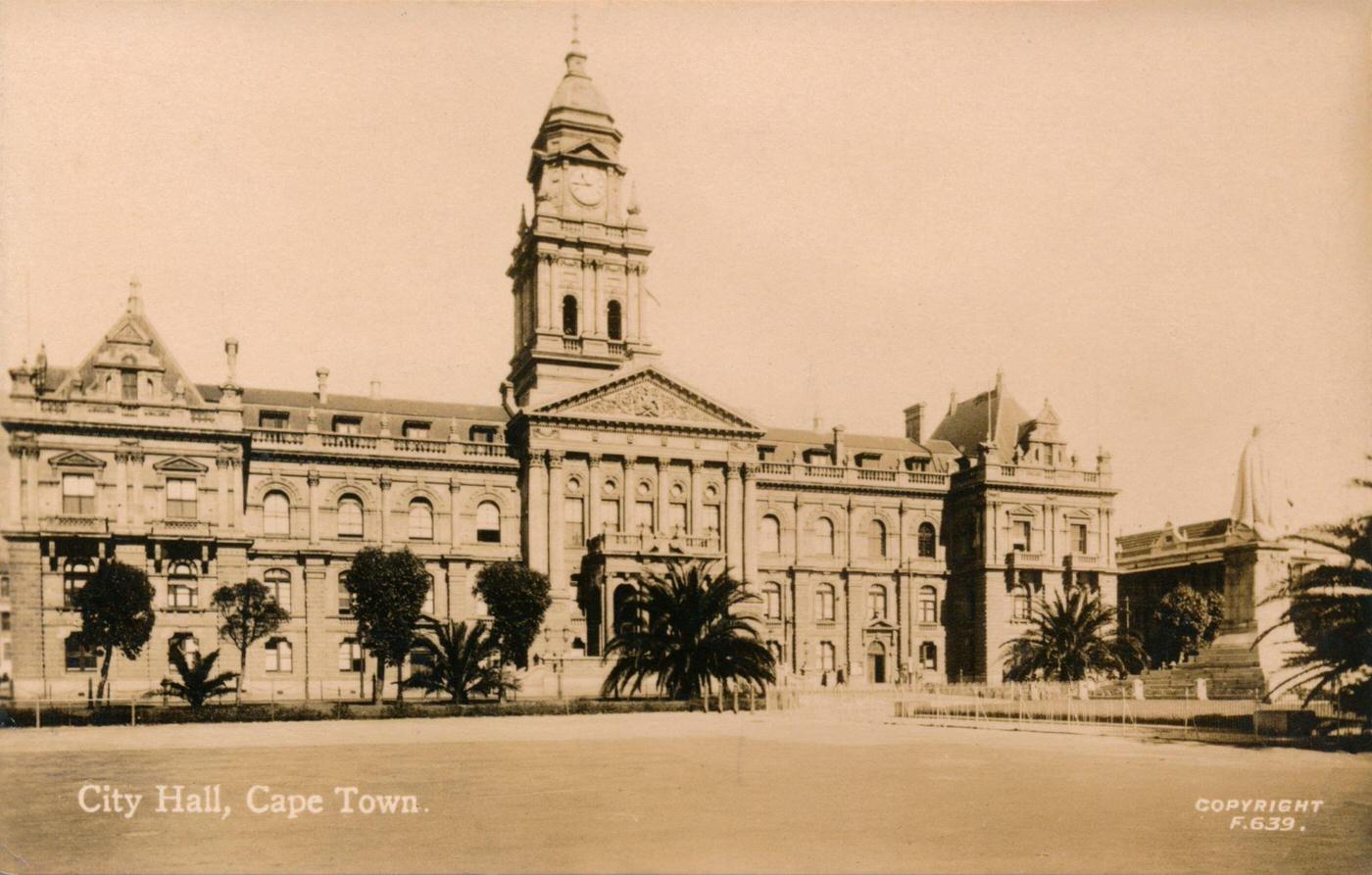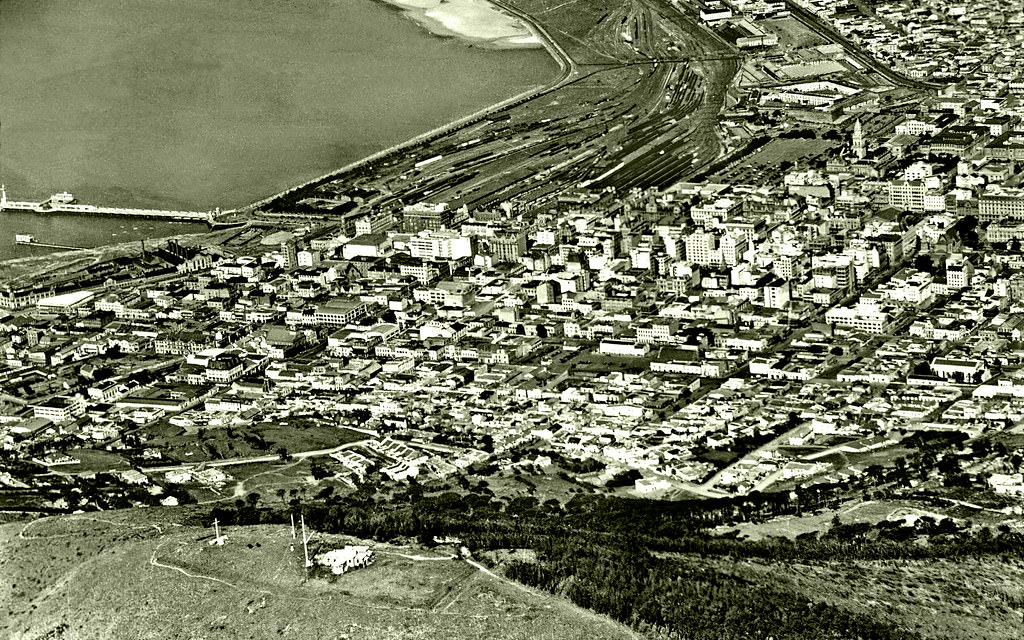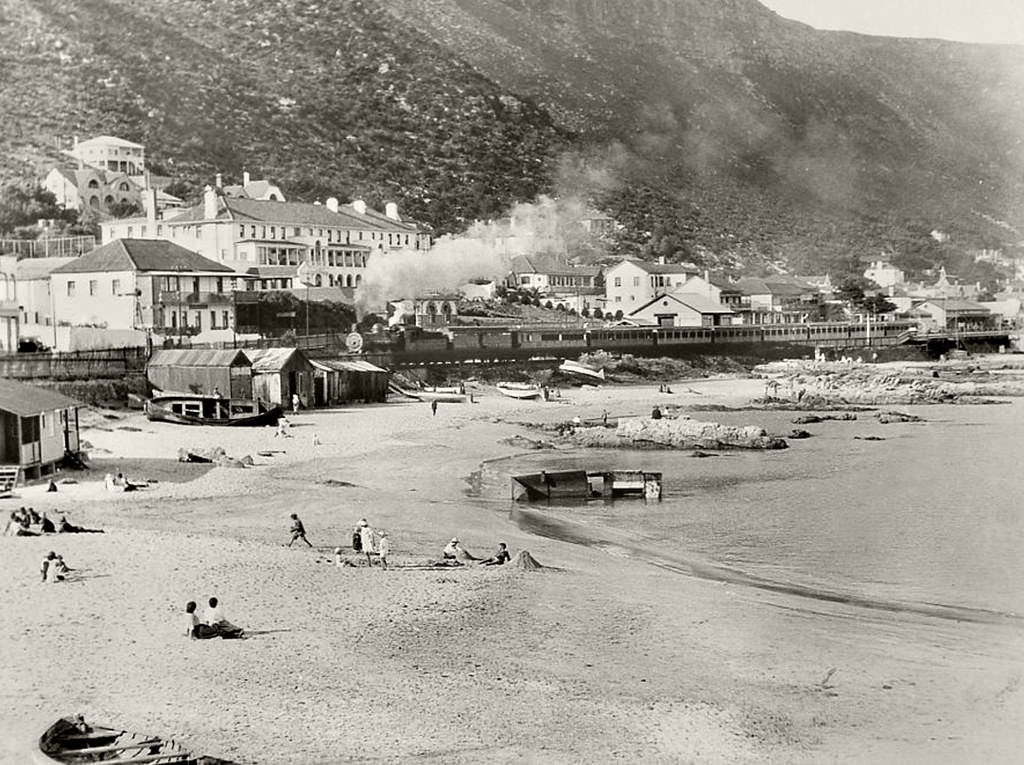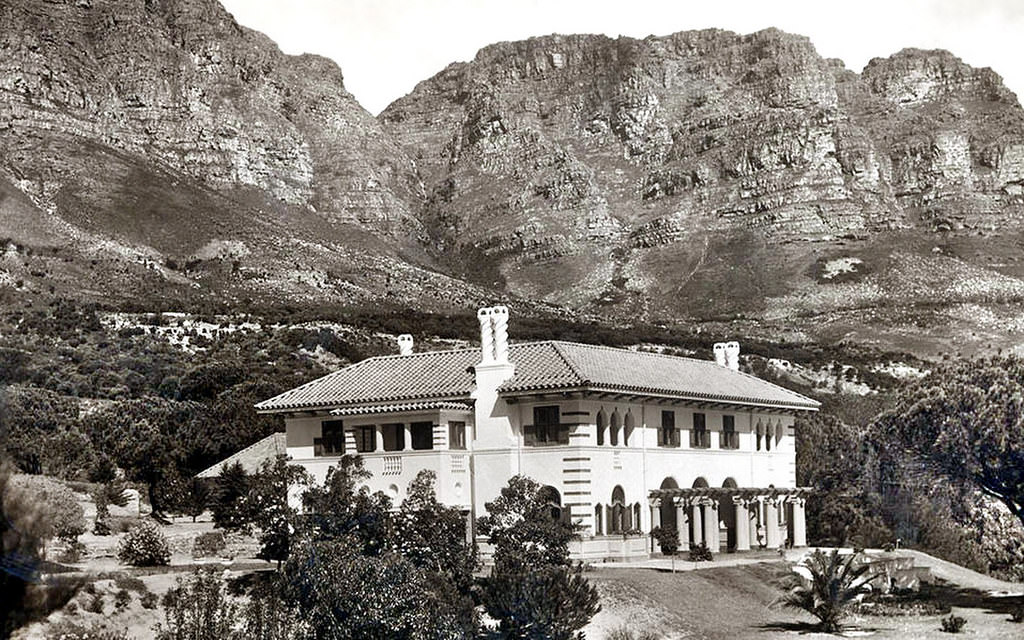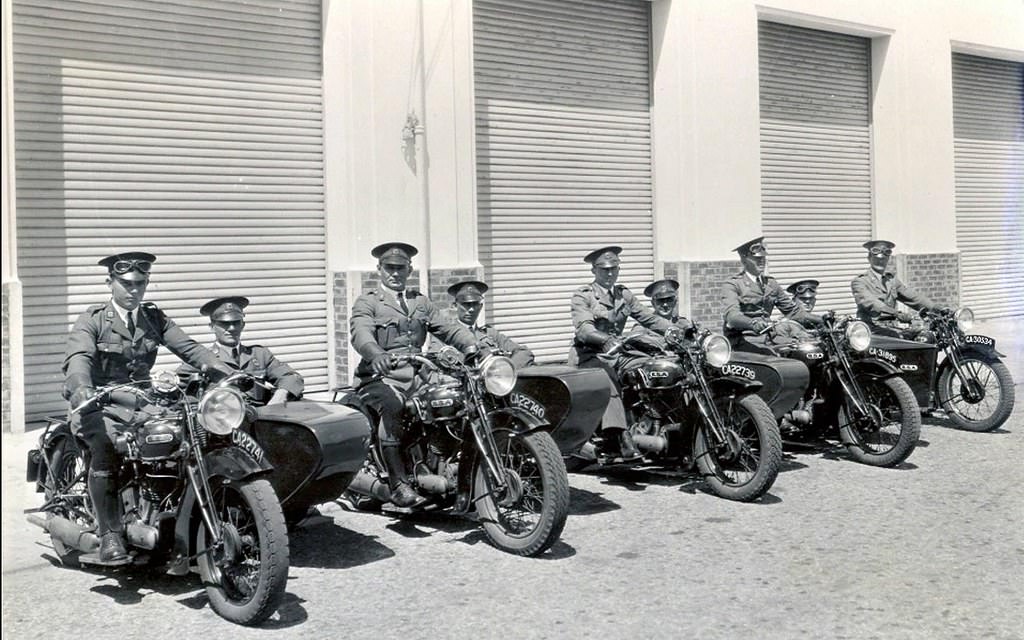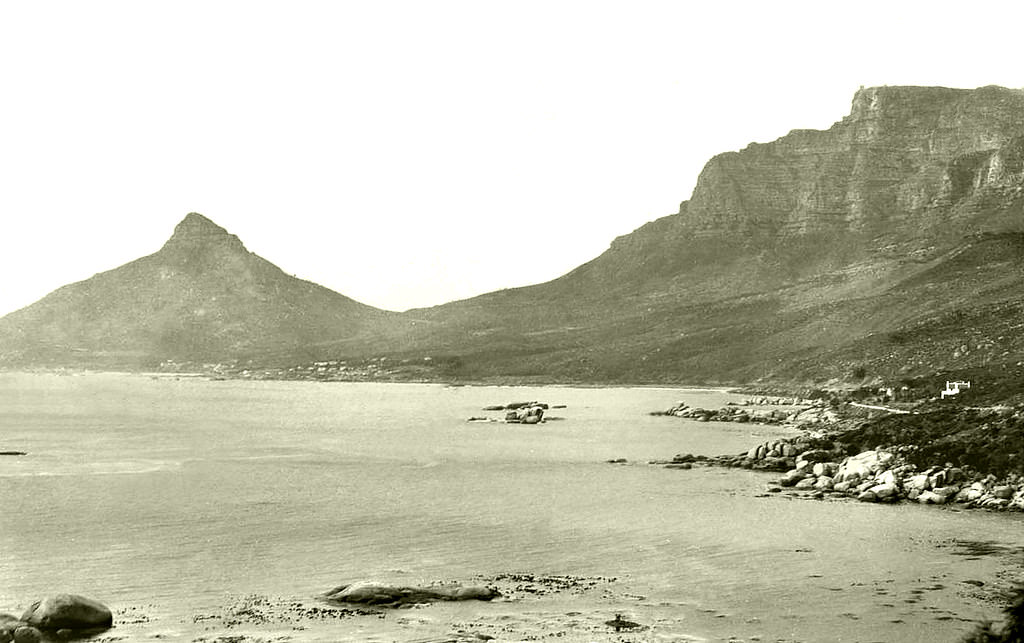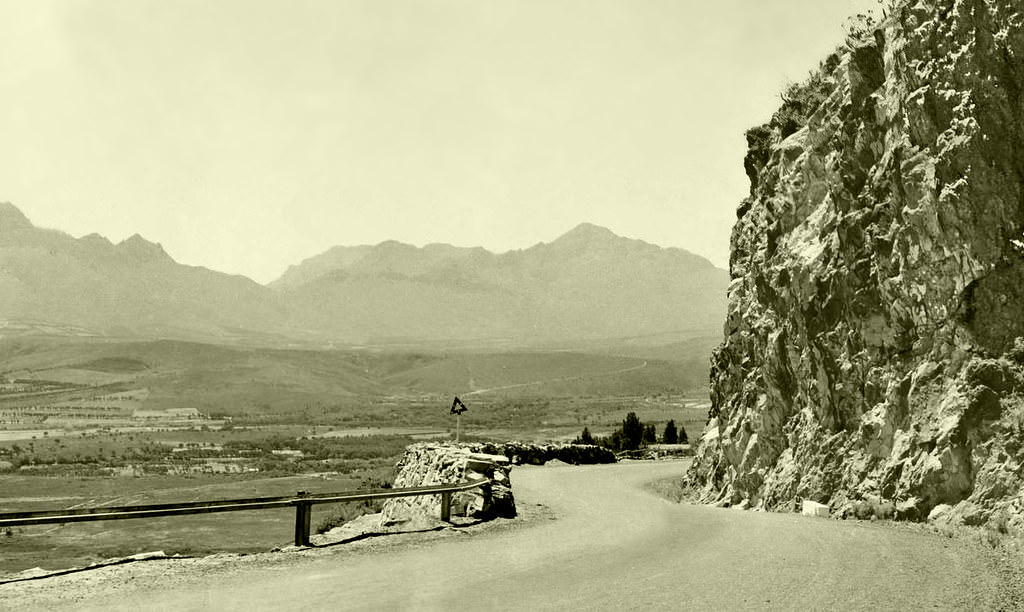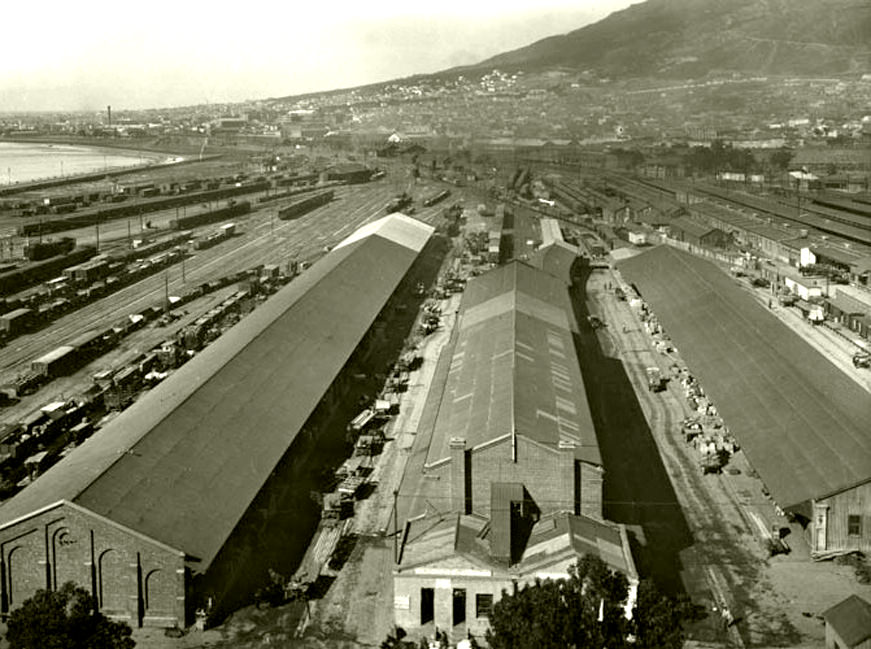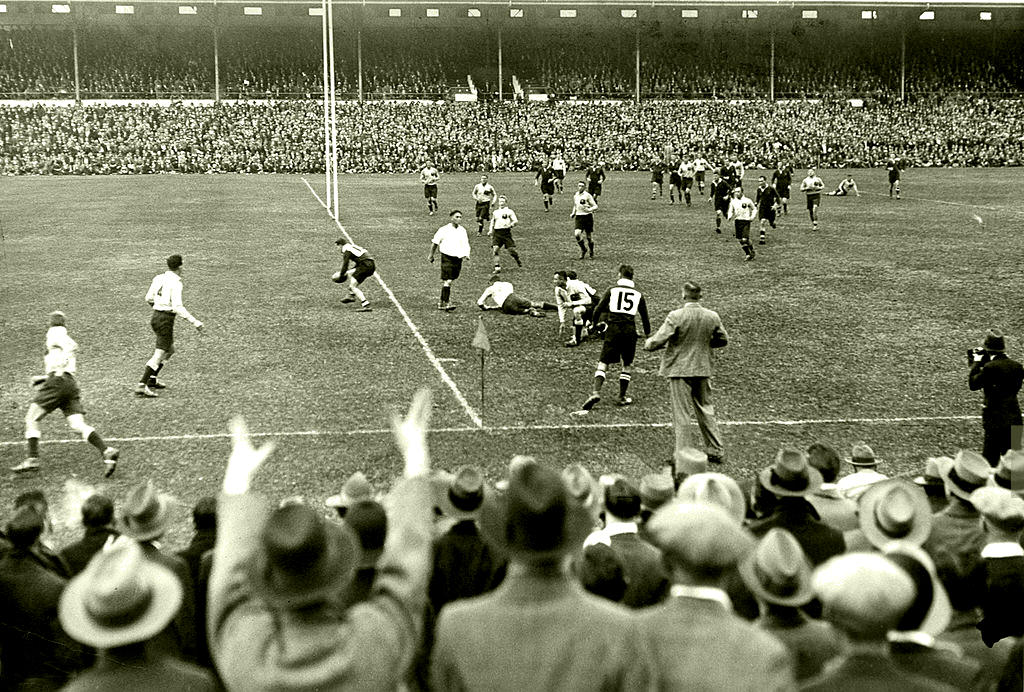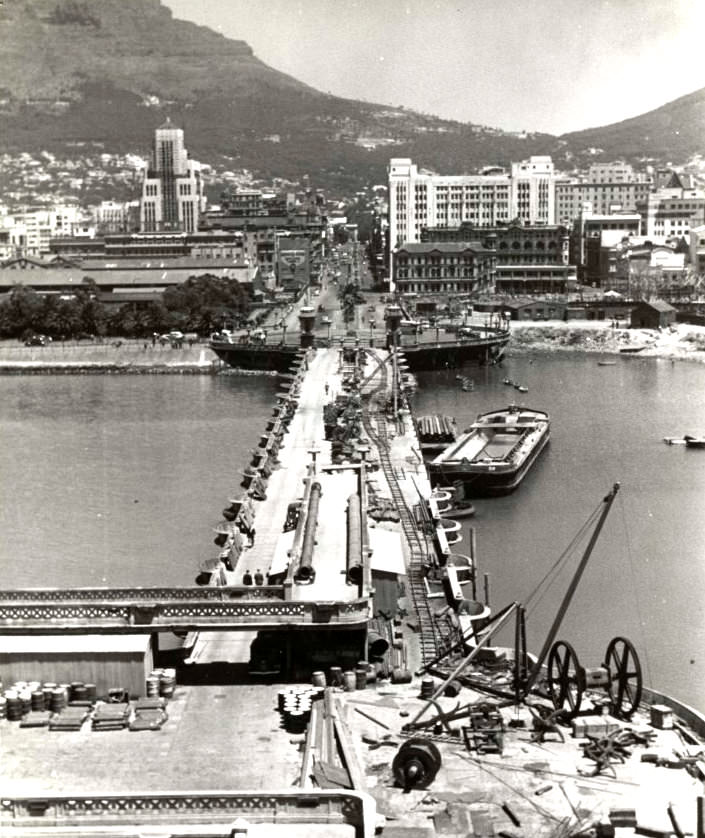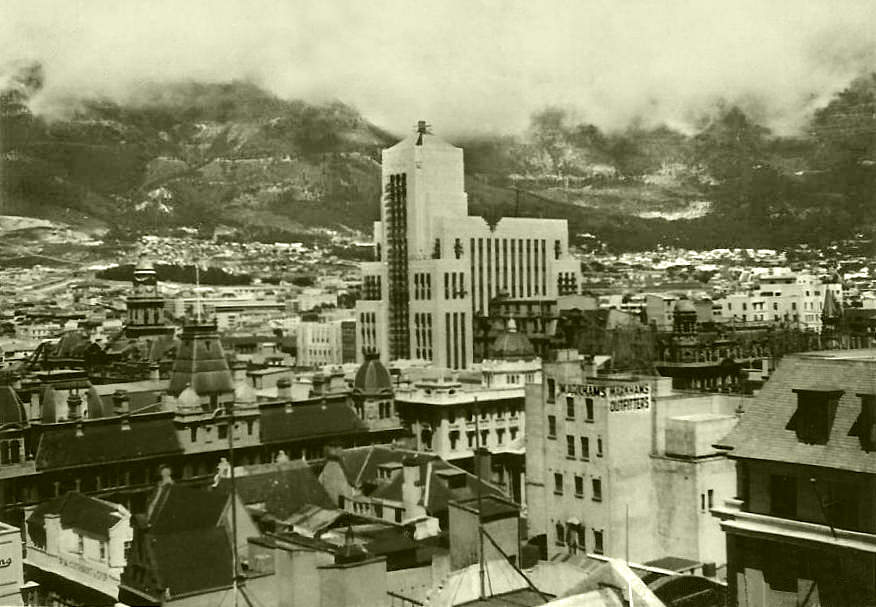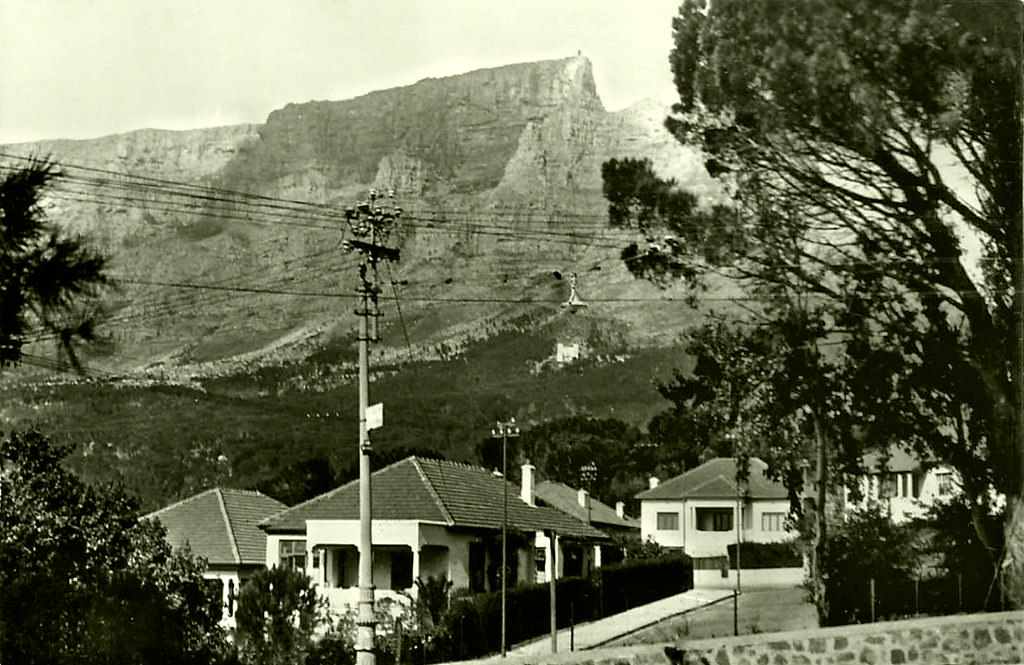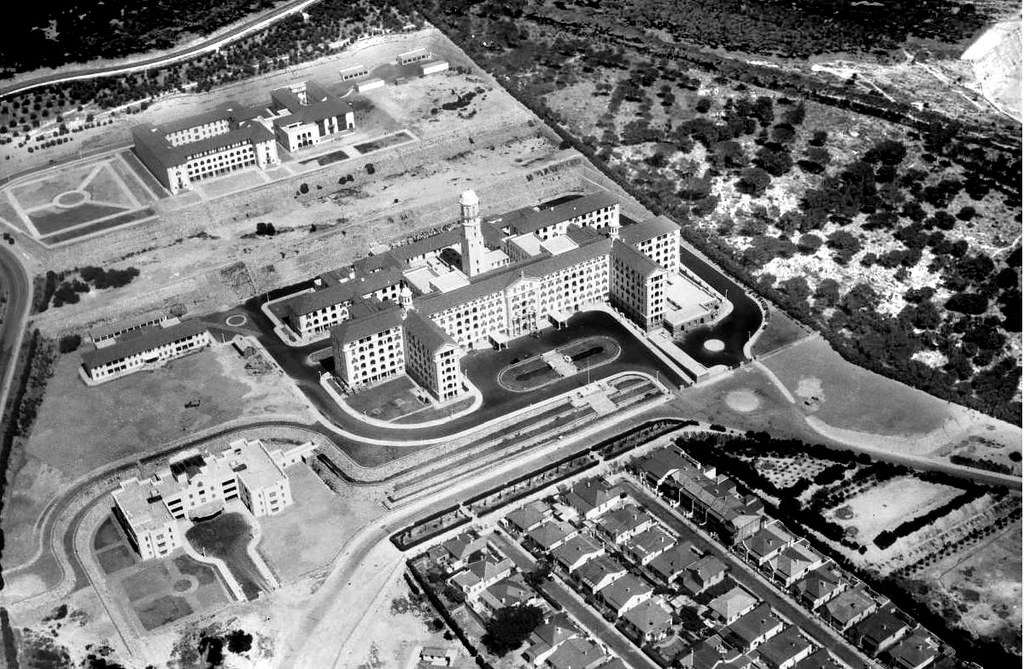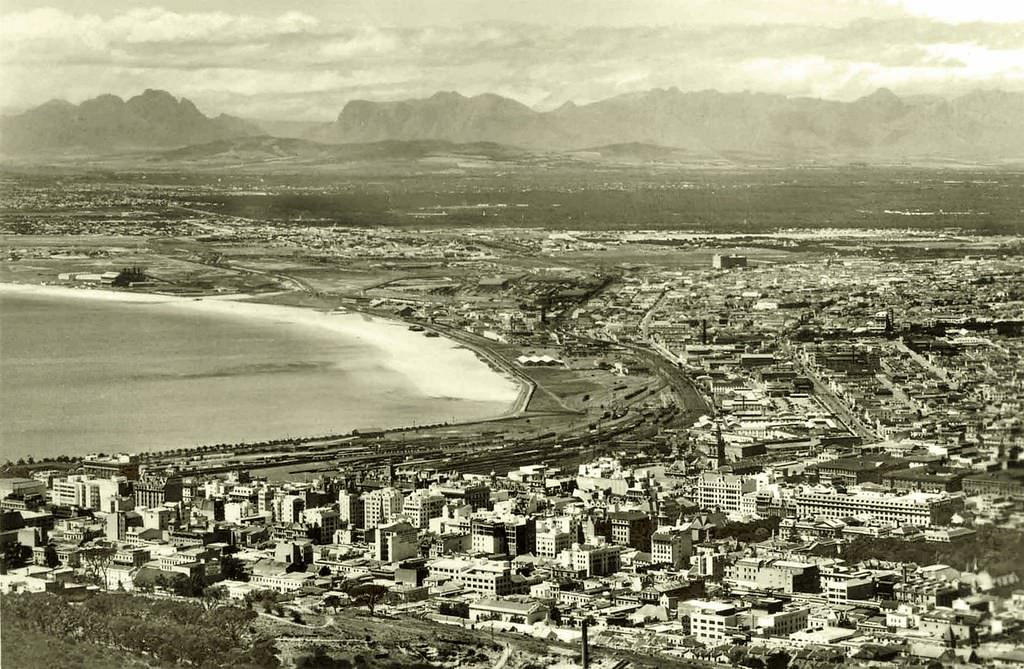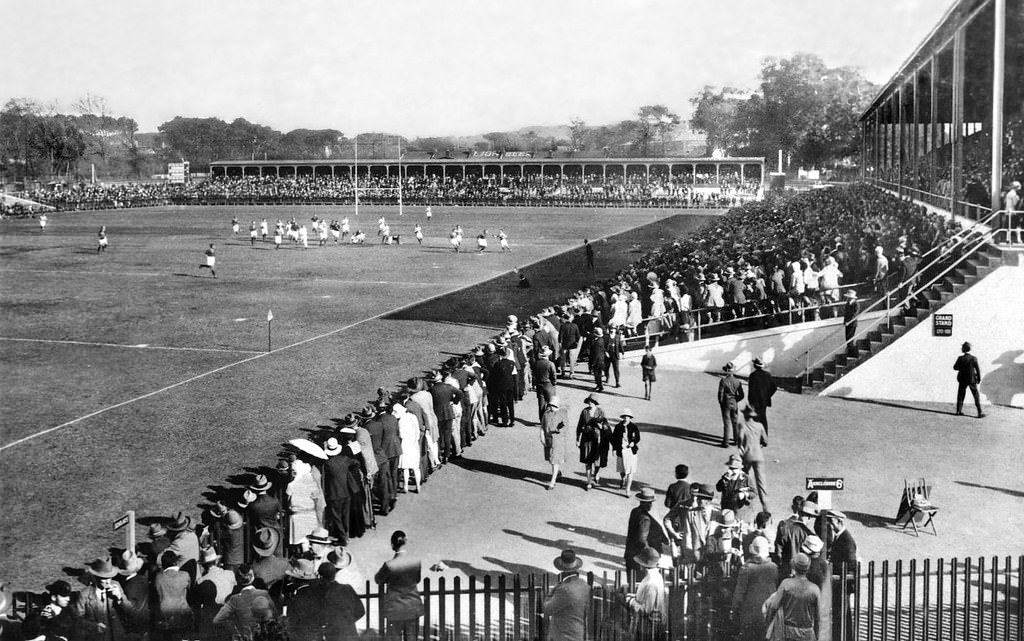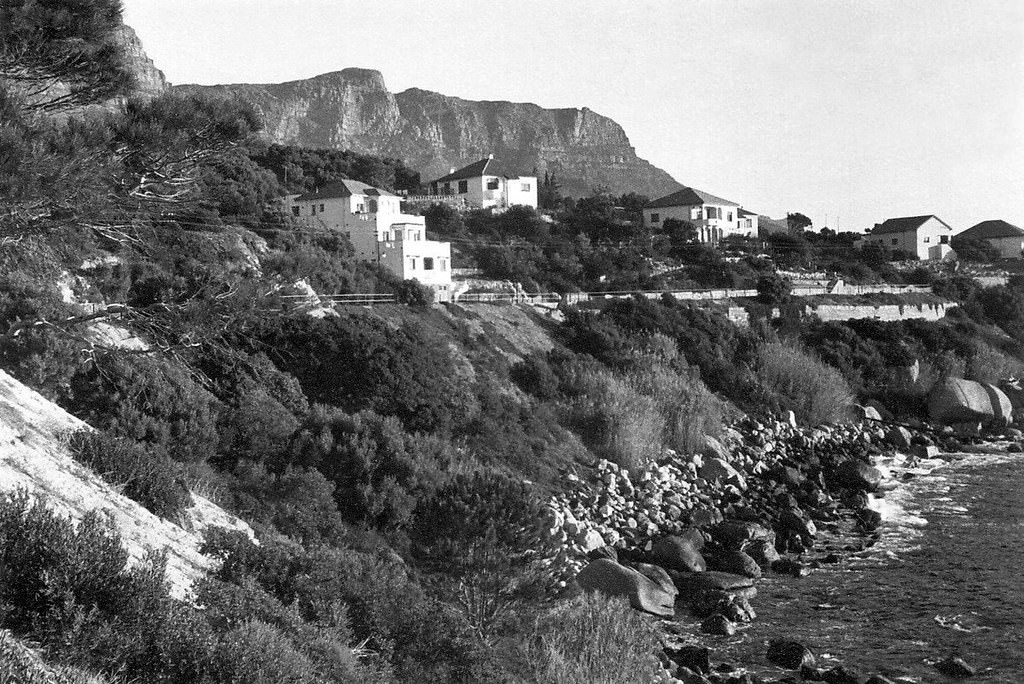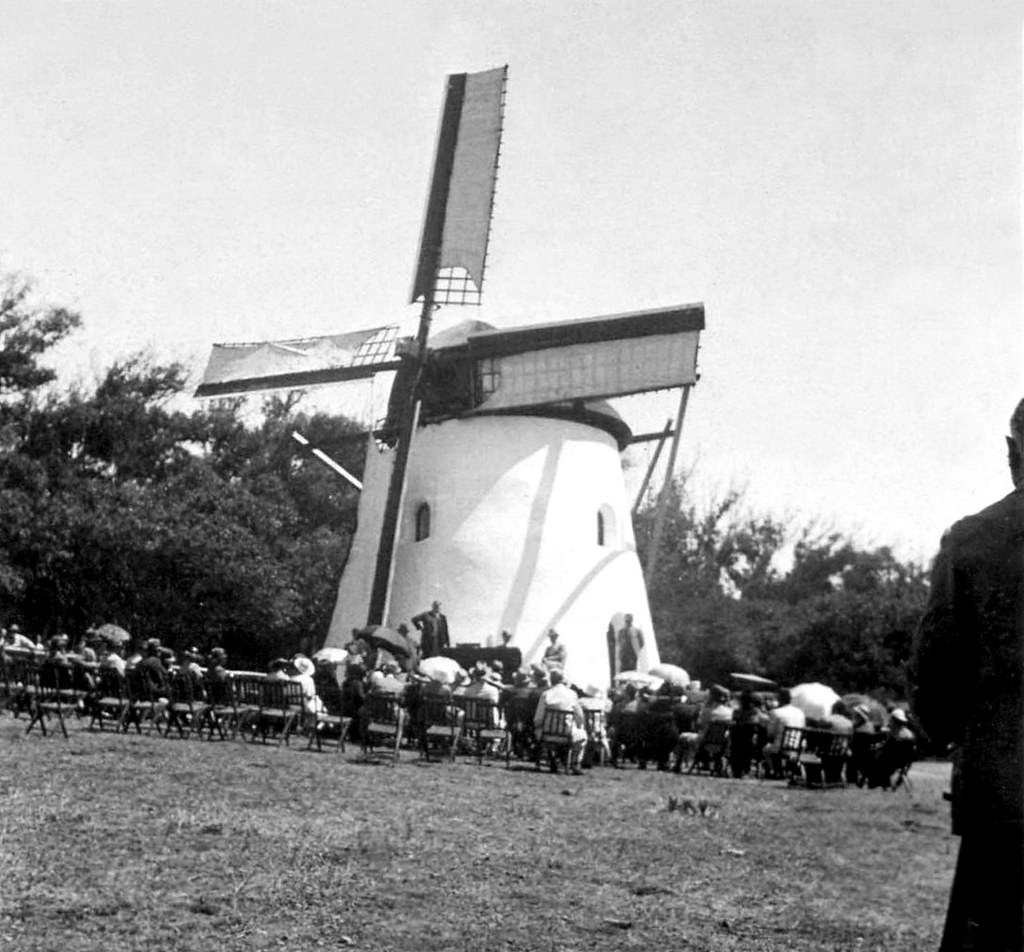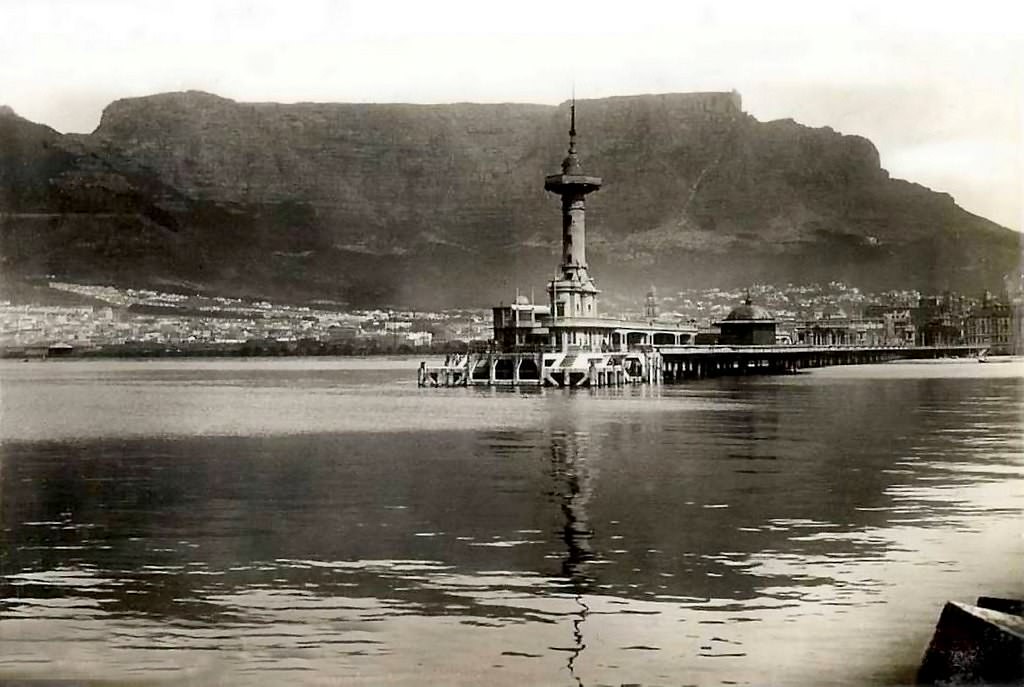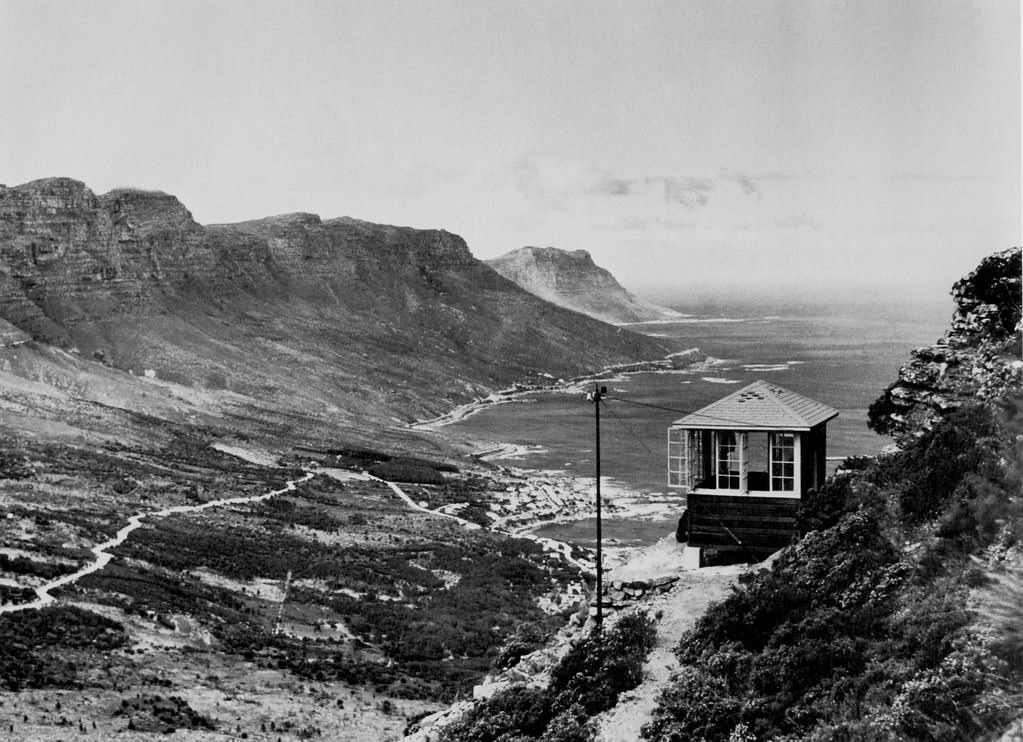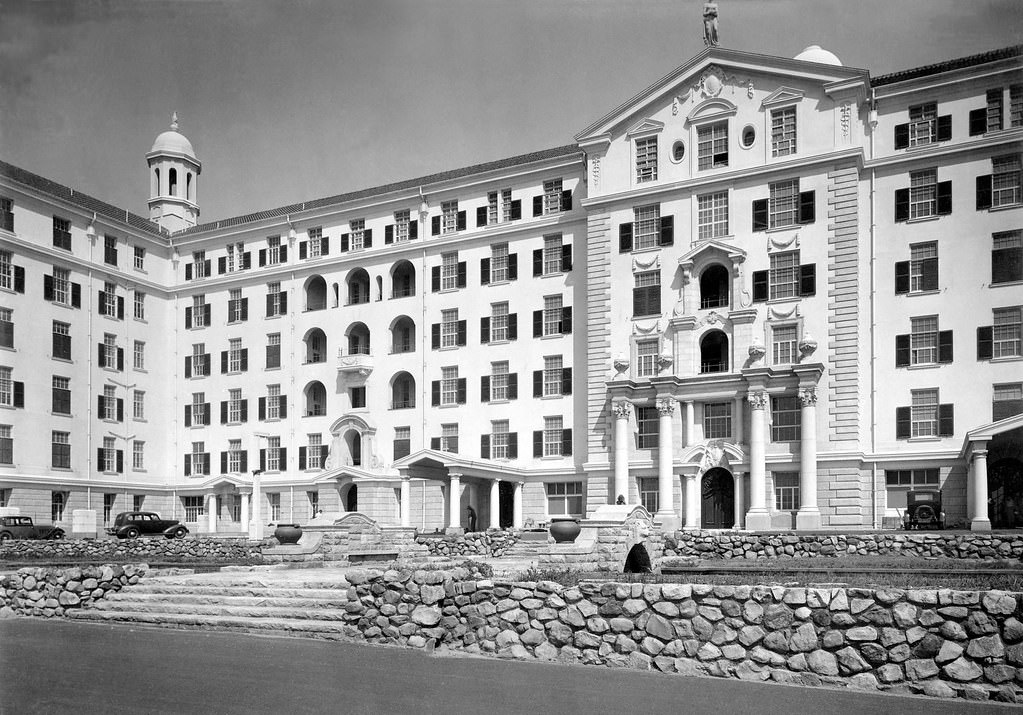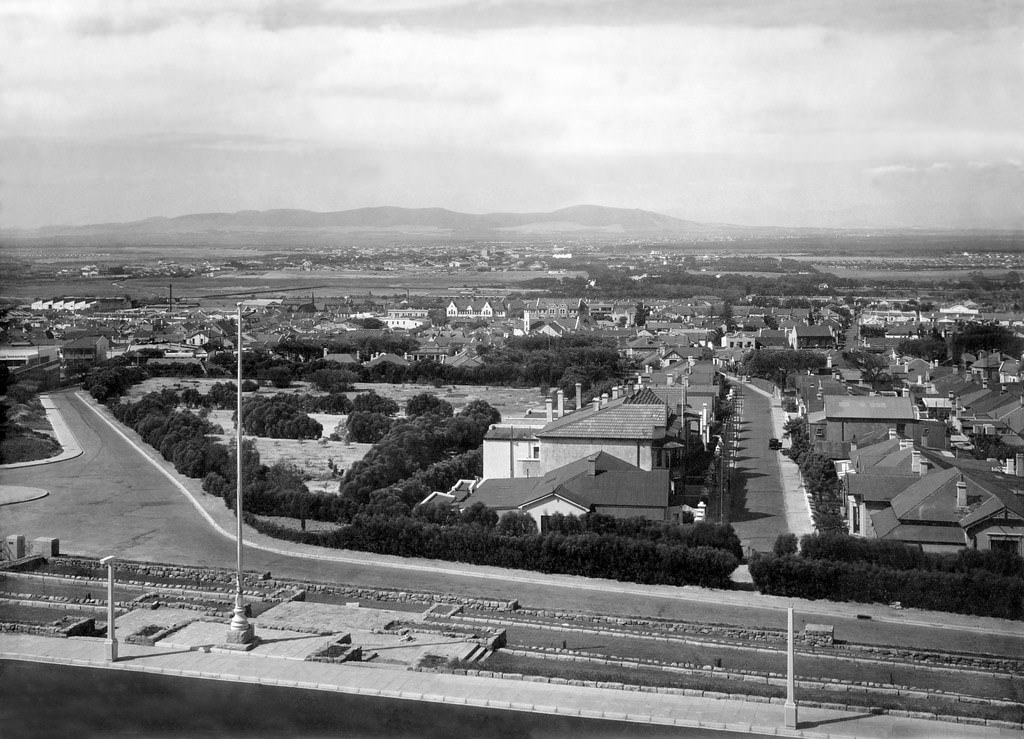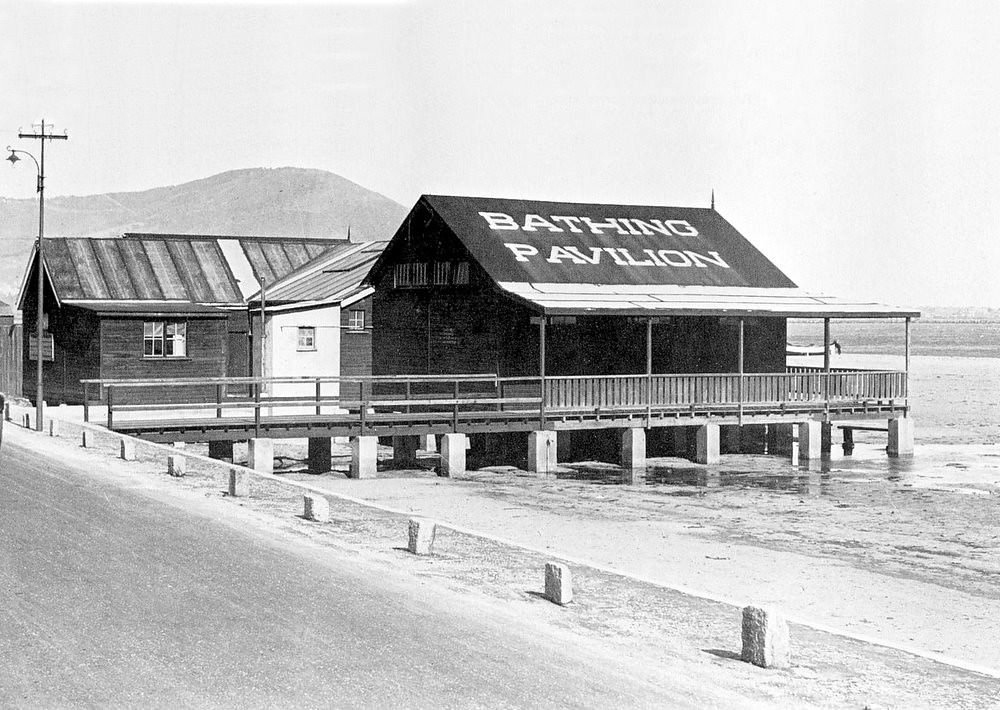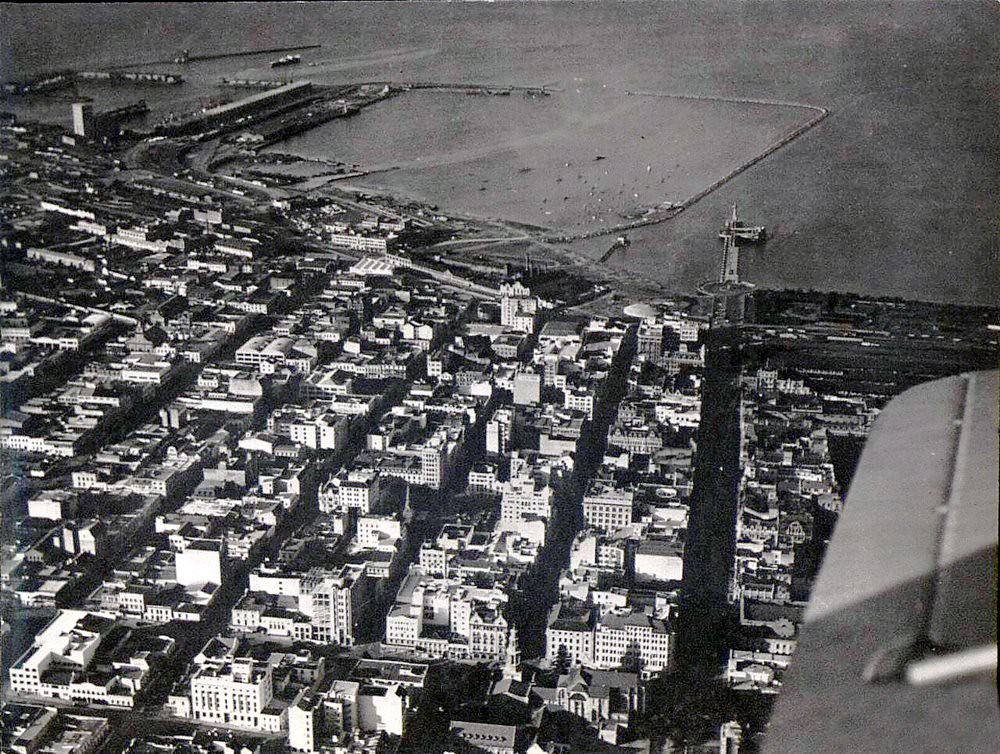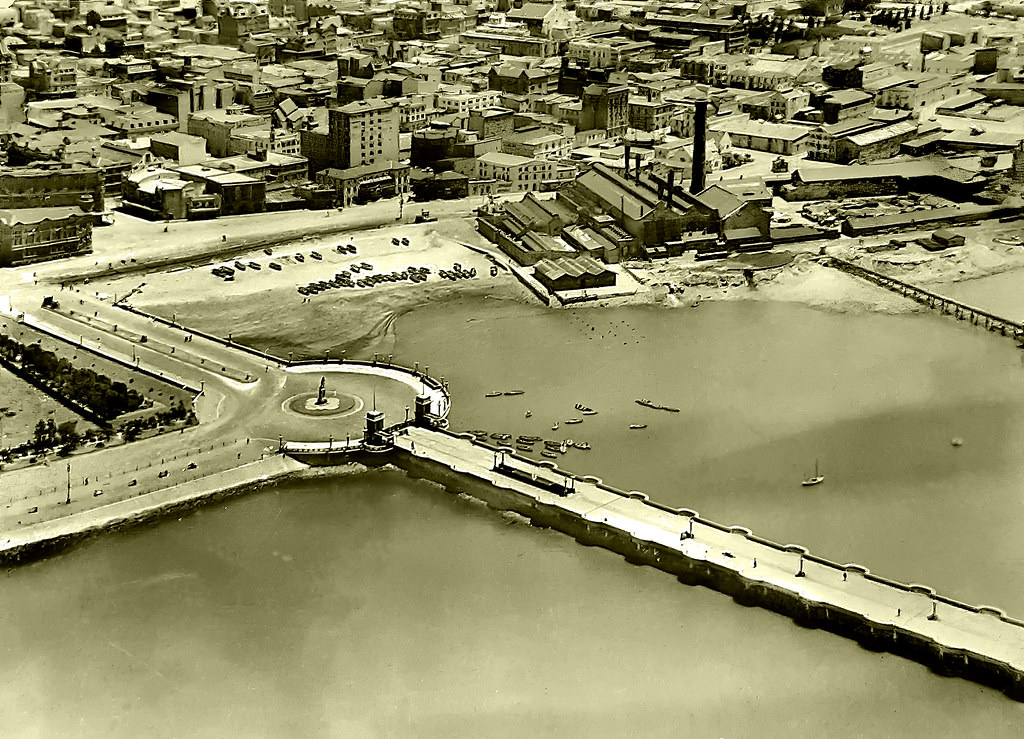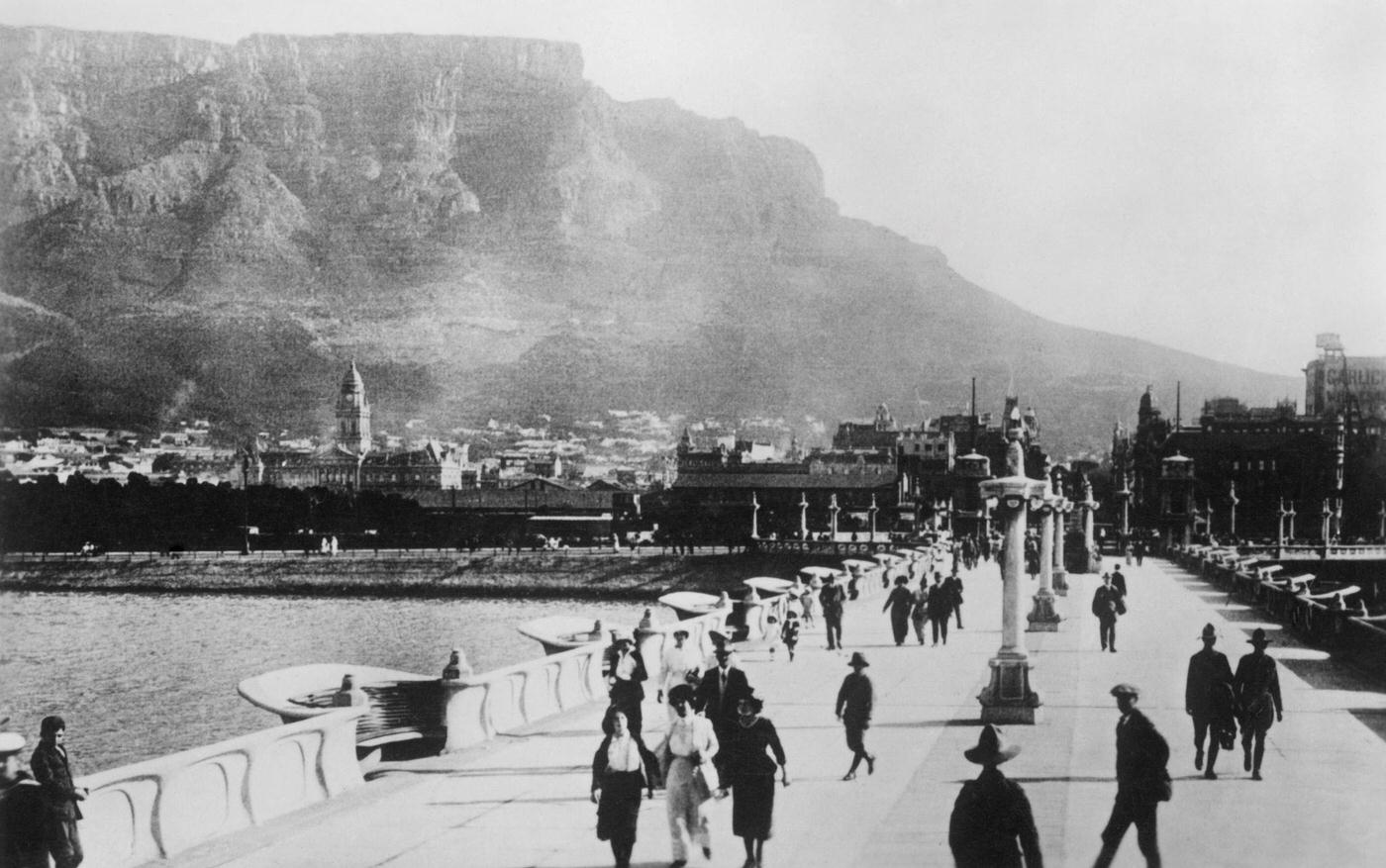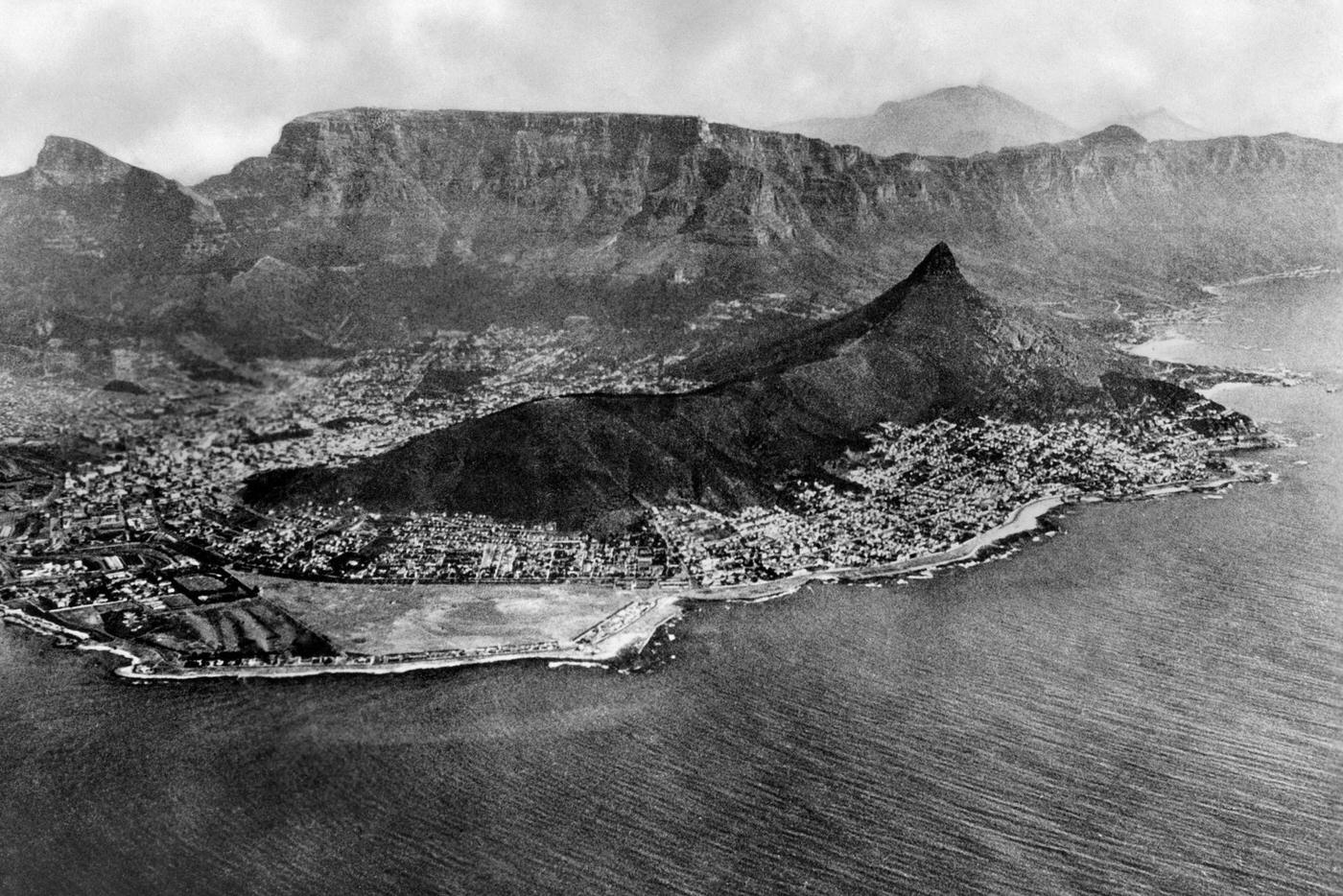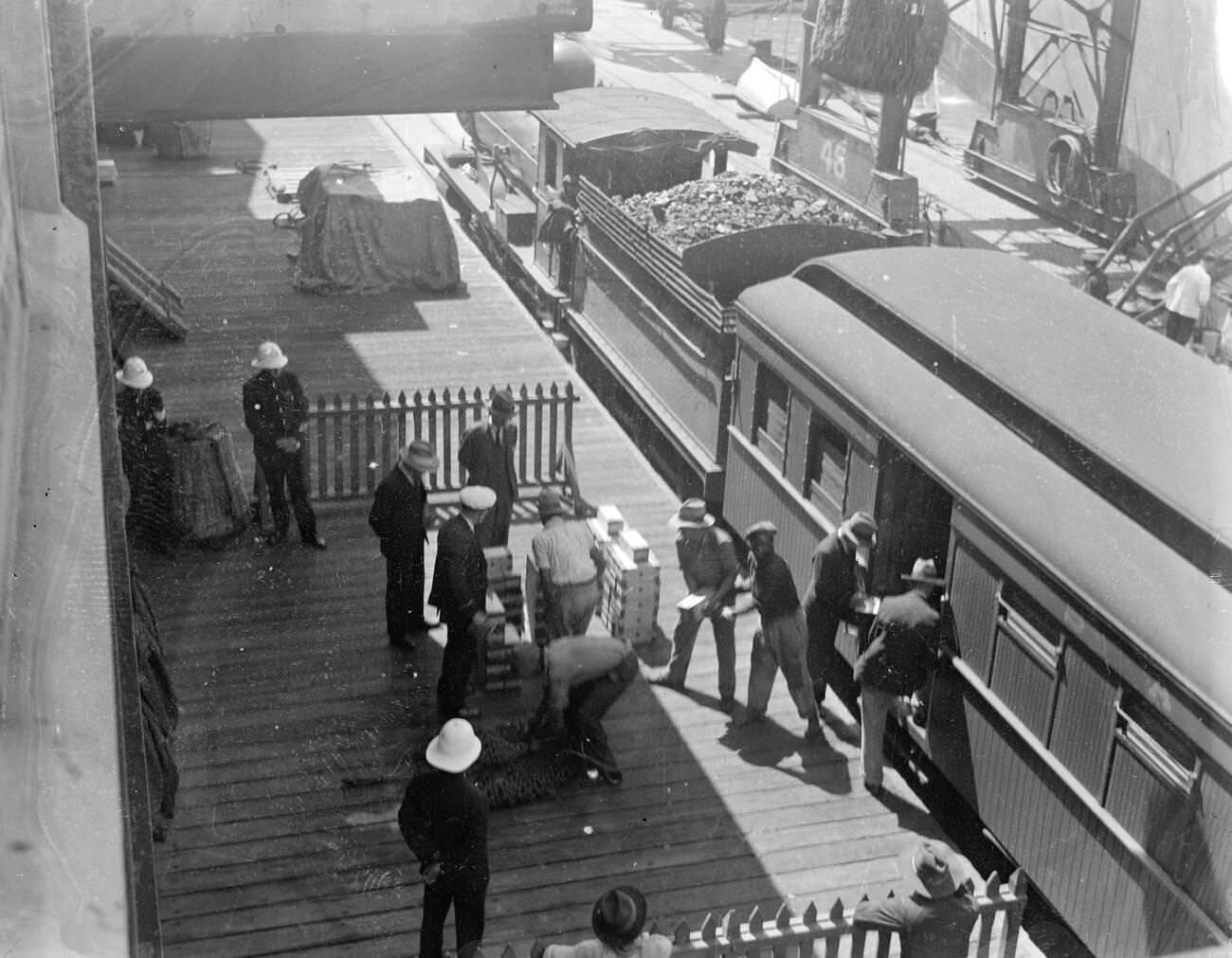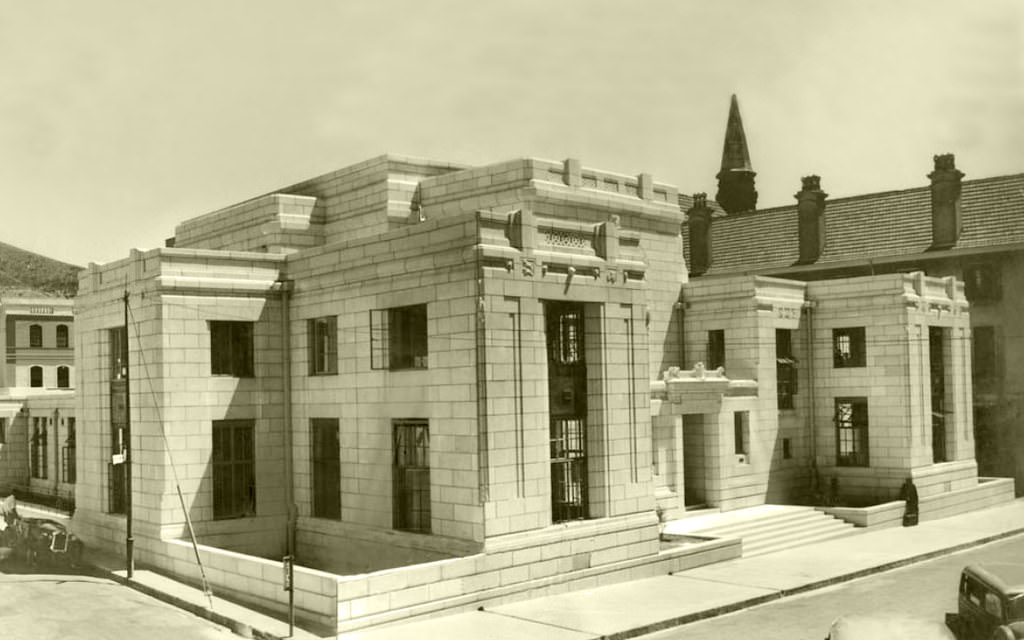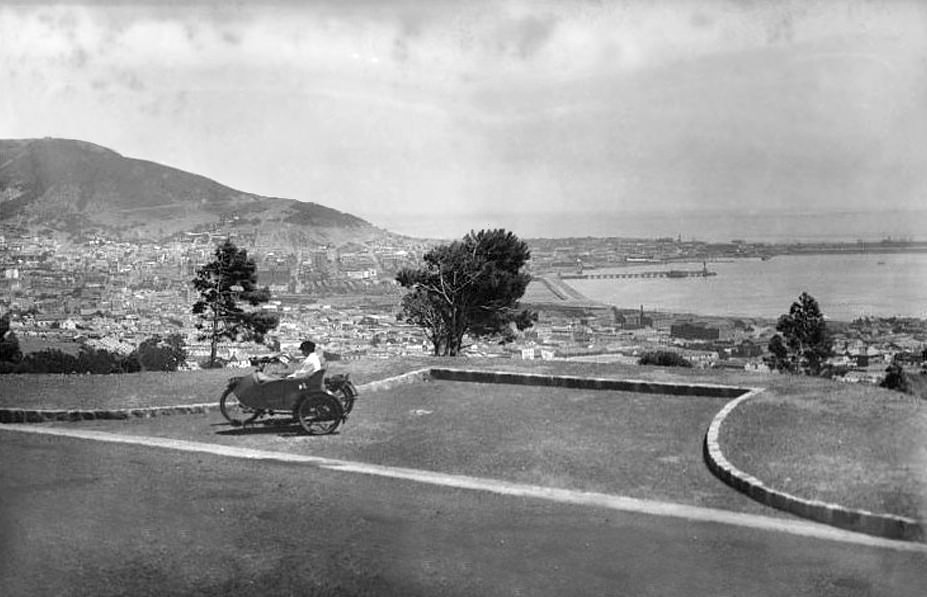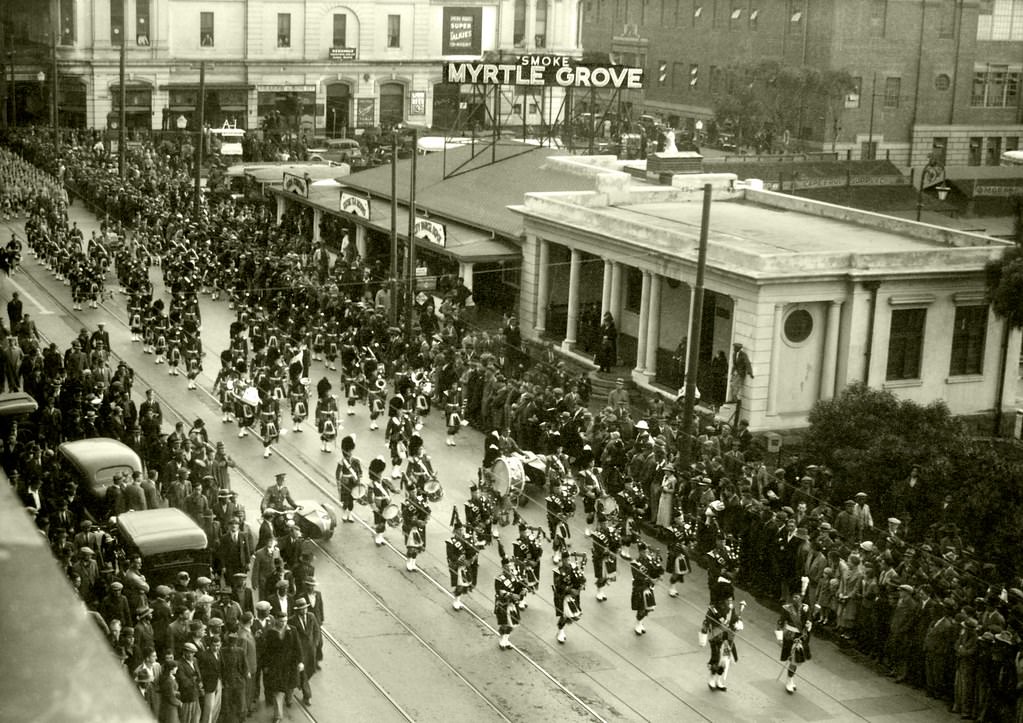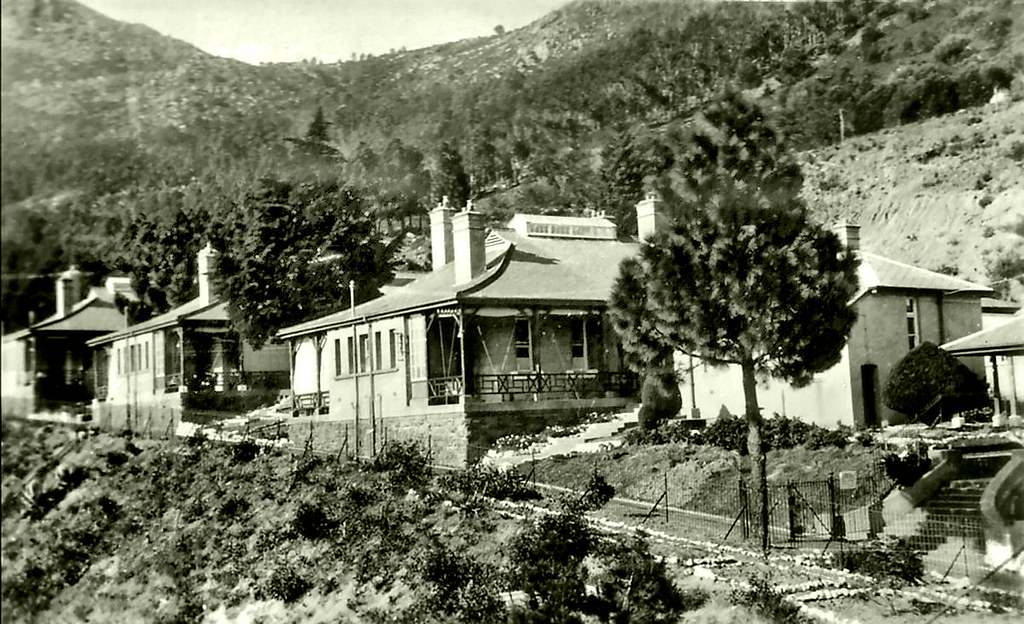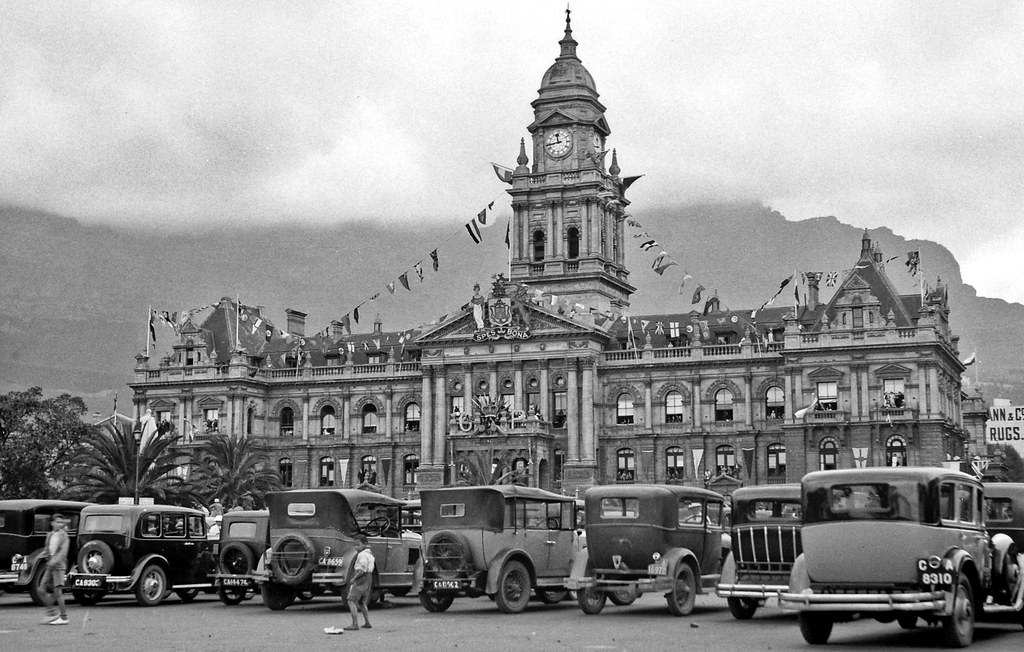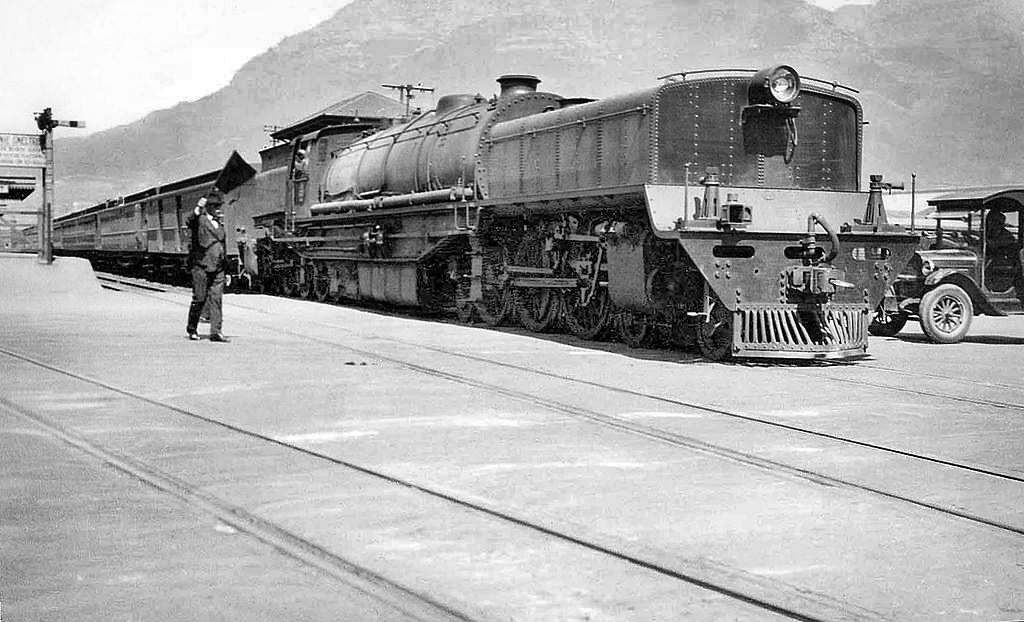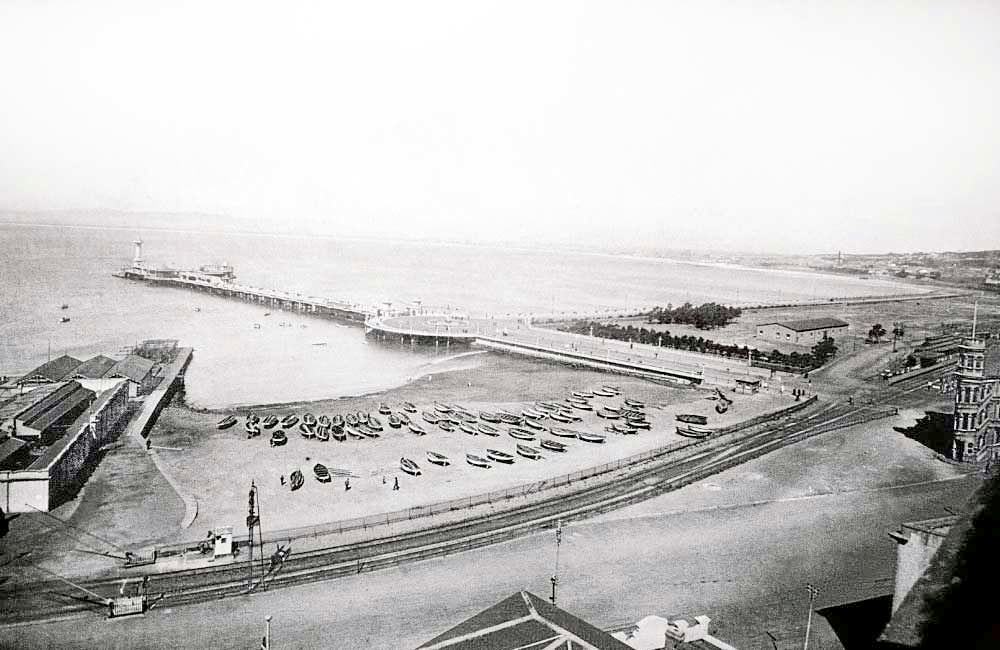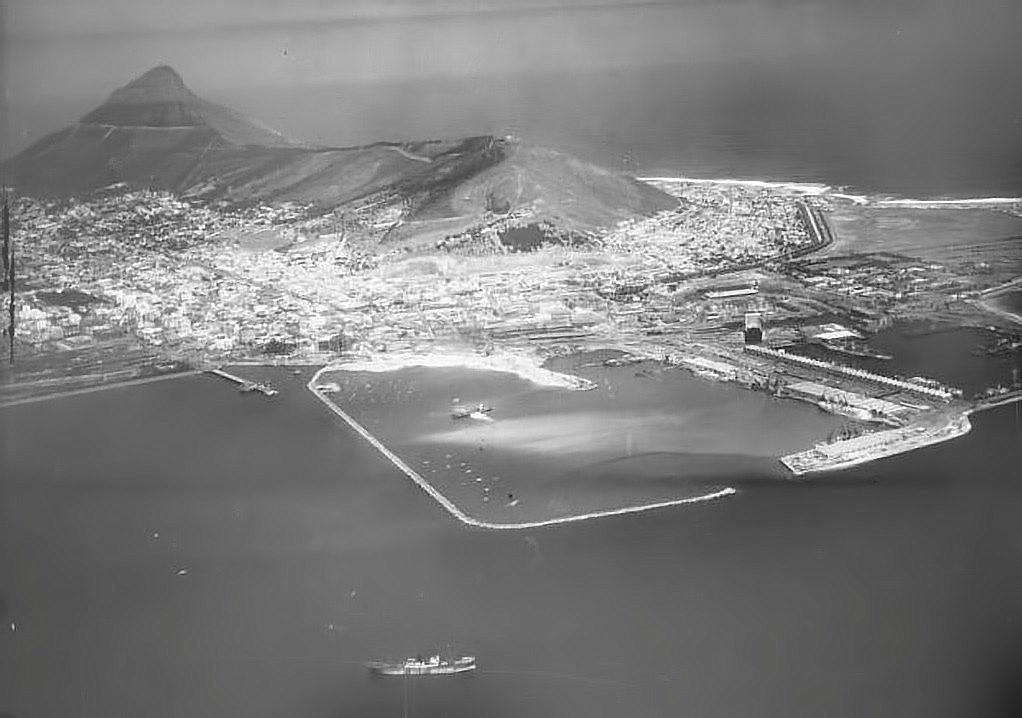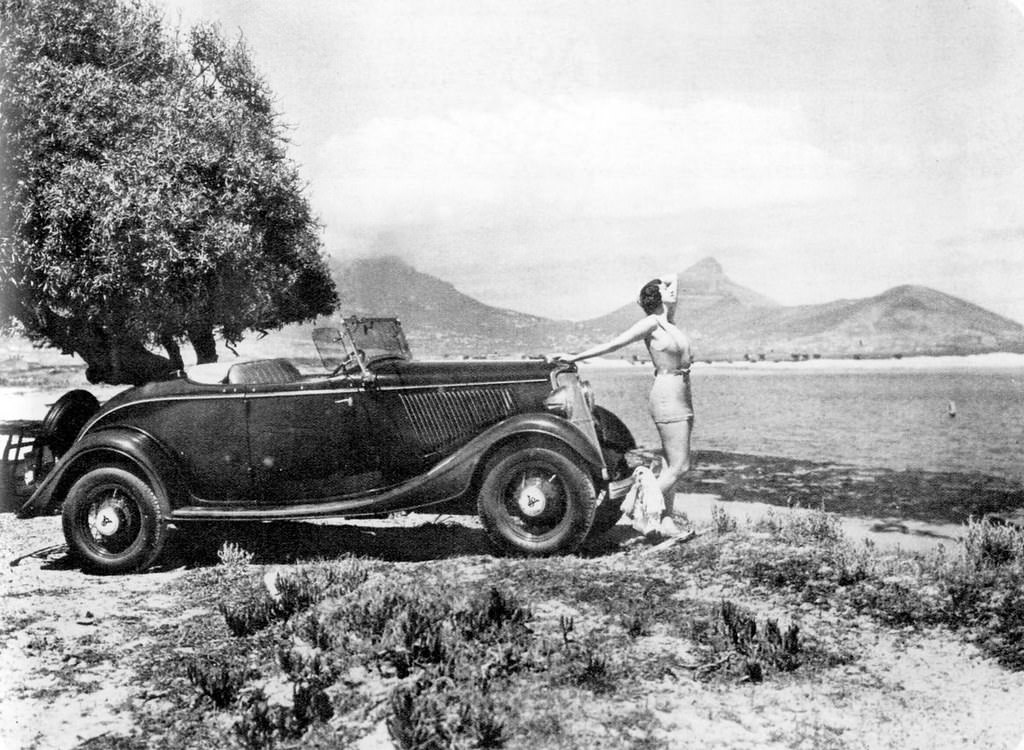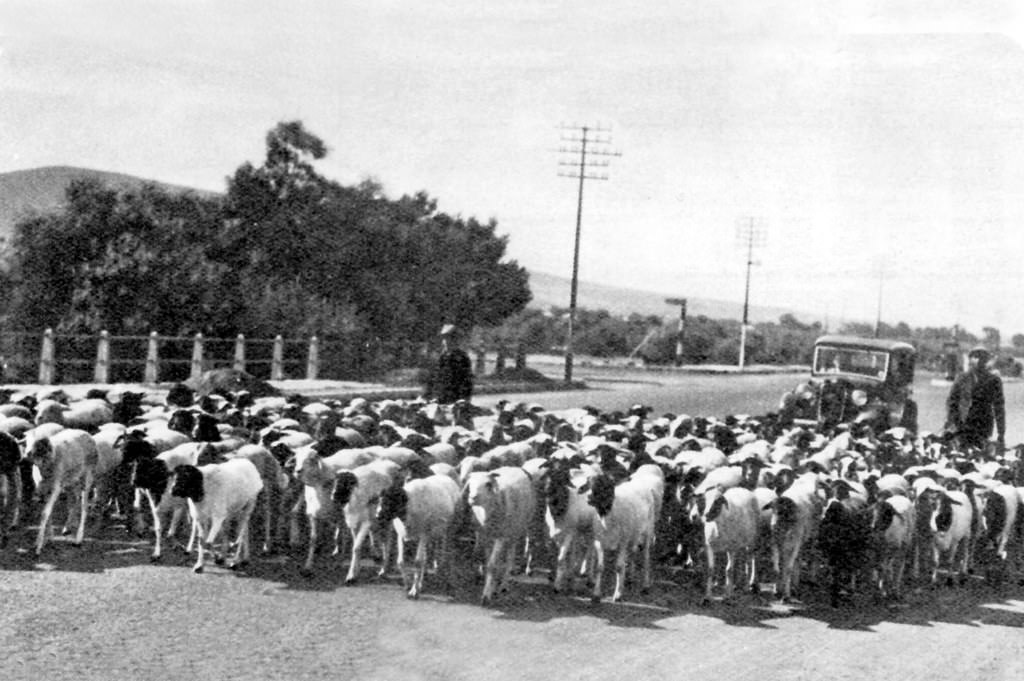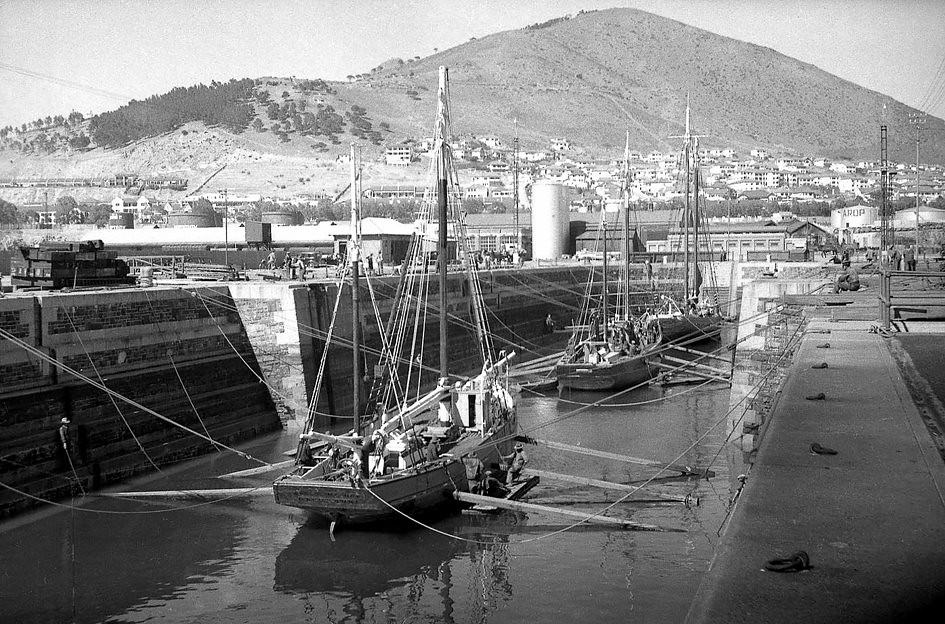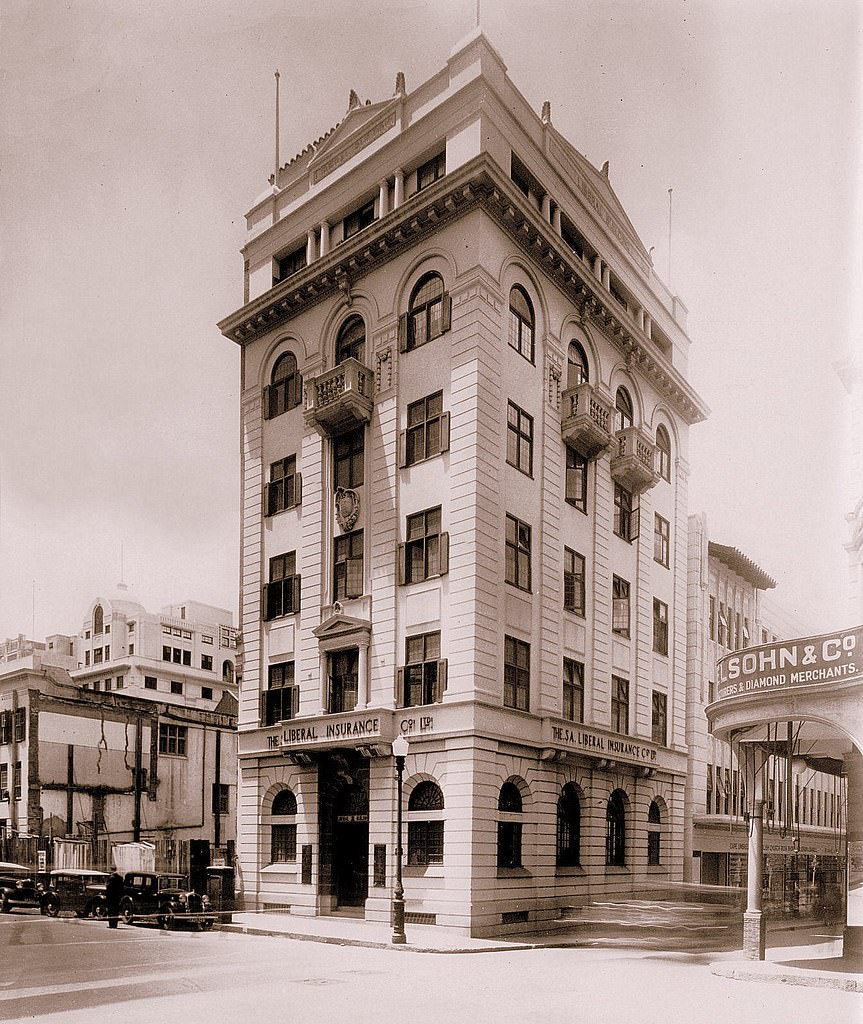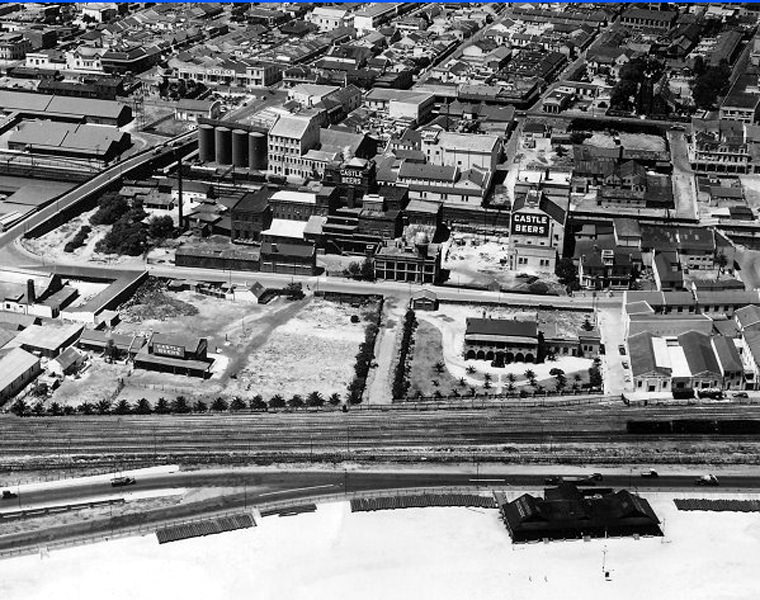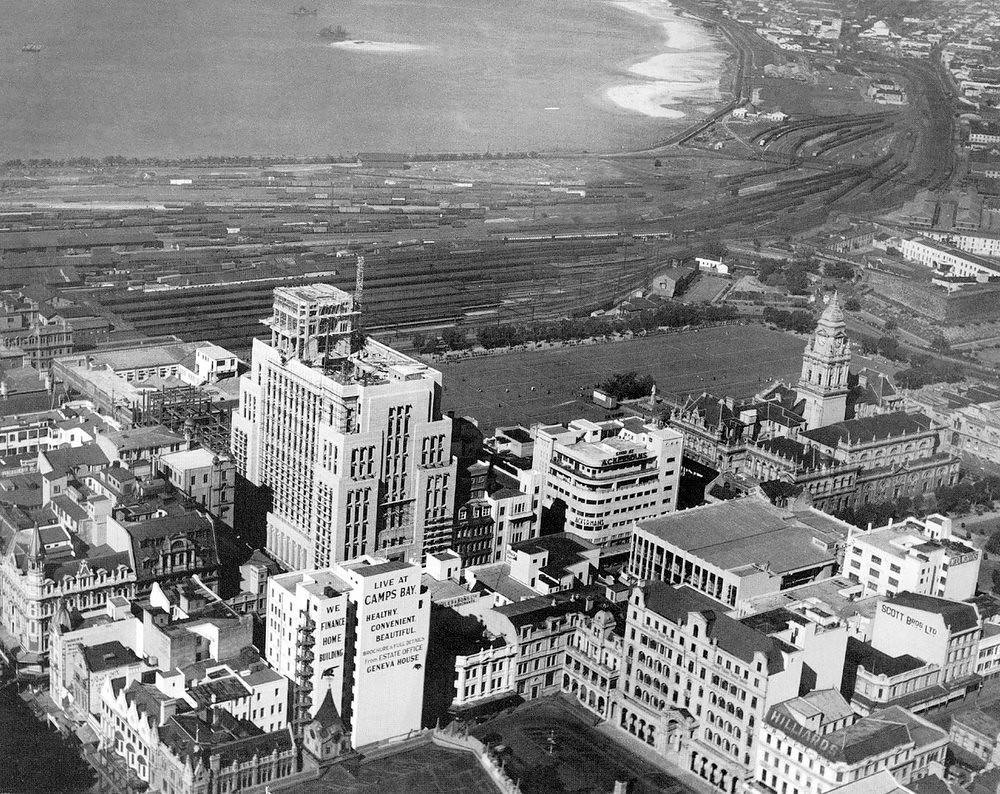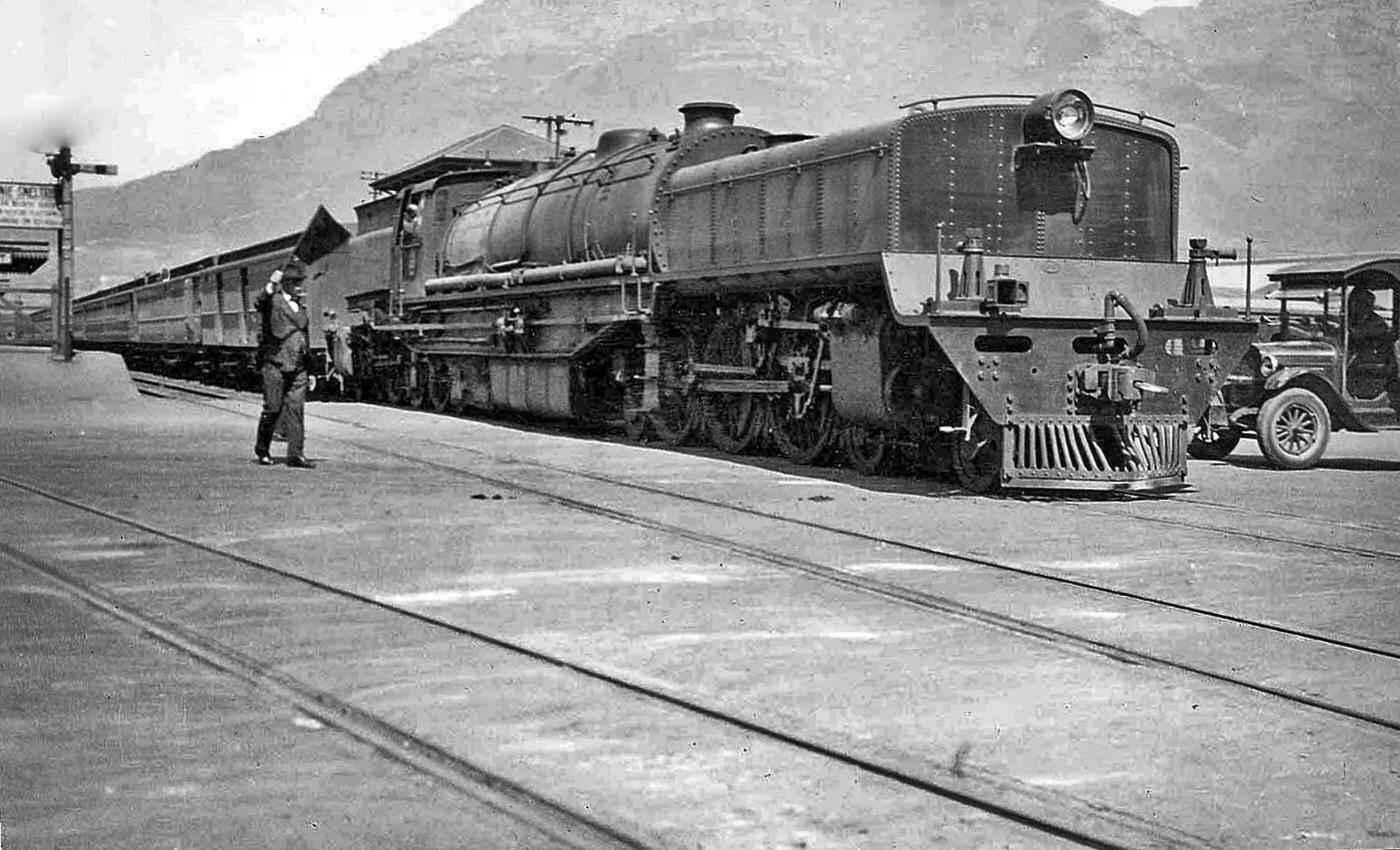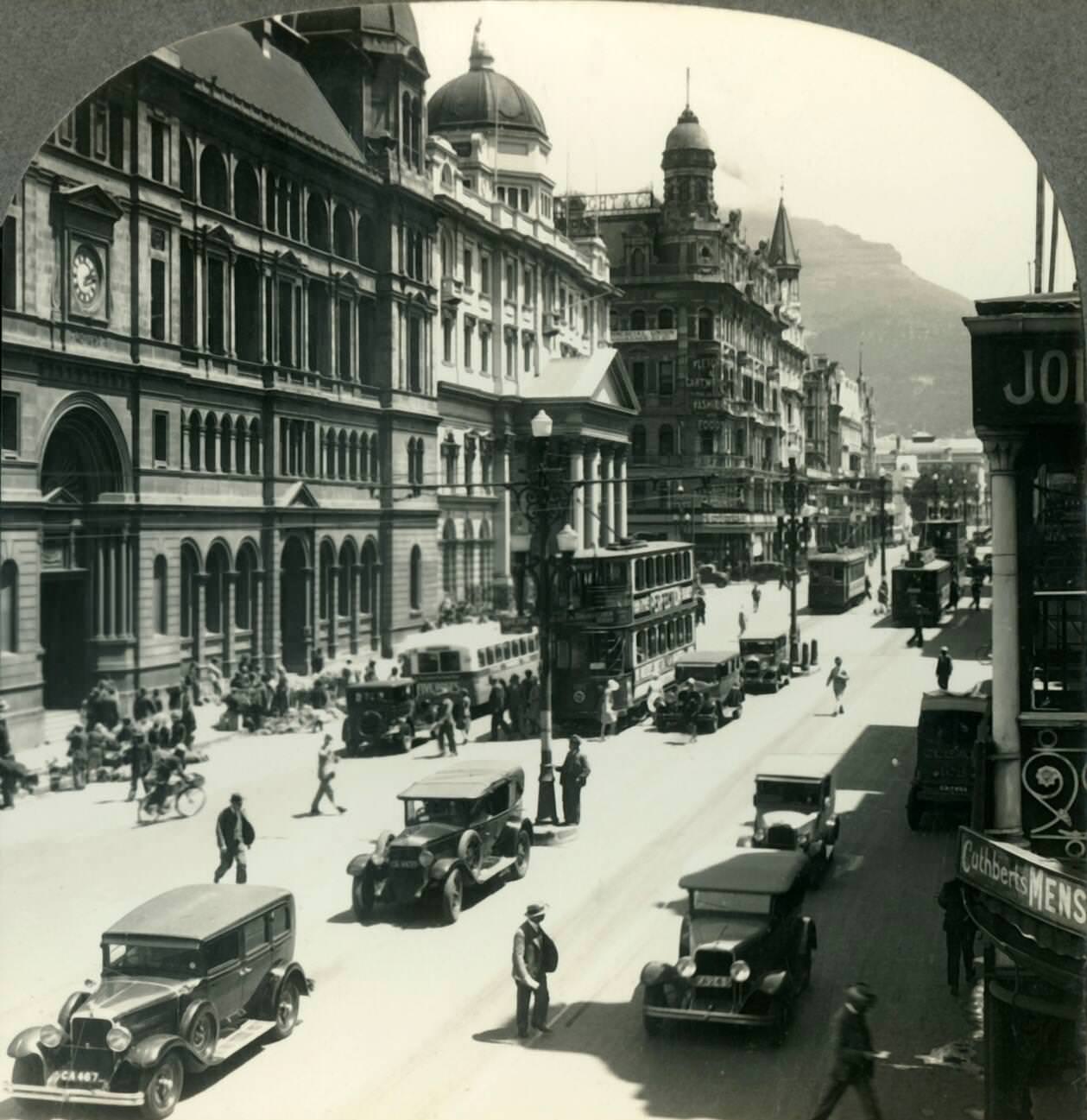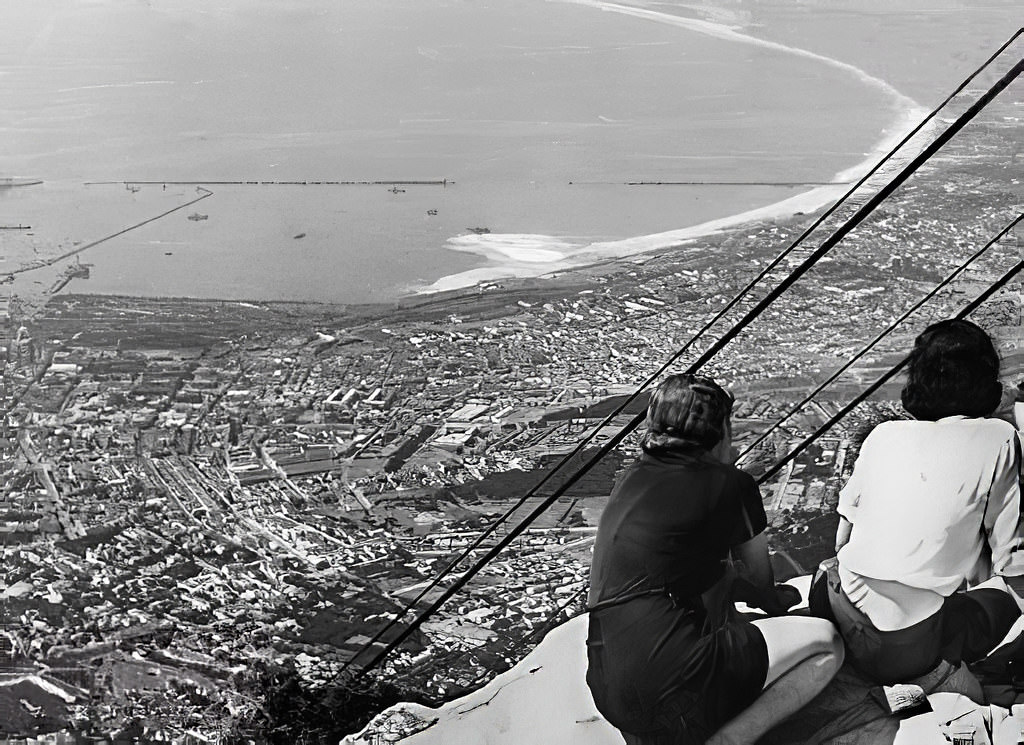Imagine stepping into a time machine and transporting back to Cape Town in the 1930s. This era, characterized by Art Deco, jazz music, and a world undergoing significant transformations, brimmed with growth, cultural richness, and the onset of poignant social challenges that would ultimately shape South Africa’s future.
During the 1930s, Cape Town began its transformation into a bustling, cosmopolitan city. The city center was adorned with magnificent buildings exhibiting the popular architectural style of the period, Art Deco. Among them, the iconic Mutual Building, with its intricate façade, Egyptian motifs, and elegant lines, defined the cityscape. The city’s landscape also transformed with the blossoming of the Kirstenbosch Botanical Gardens. Although the project was initiated in the 1910s, it truly started to flourish in the 1930s.
However, Cape Town was not just about magnificent architecture and botanical wonders. The city pulsed with a vibrant cultural scene. Theaters and live music venues thrived, and jazz music gained popularity among the city’s diverse populace. The Green Point Track, a hub for jazz concerts, attracted crowds from all walks of life, laying the foundation for Cape Town’s unique jazz culture that would thrive in subsequent years.
Yet, the 1930s also marked the onset of profound social changes in Cape Town. The Great Depression had a significant global impact, and Cape Town was not exempt. Unemployment and poverty levels surged, leading to a rise in the number of people residing in informal settlements. The racial segregation policies of the era further exacerbated social and economic disparities.
District Six, a neighborhood near the city center, was one such place where diverse groups cohabited amidst escalating social tension. Despite the hardships, the area emerged as a cultural melting pot, with a rich tapestry of music, food, and social interaction, testifying to the resilience and spirit of its residents.
The 1930s also marked a time when political ideologies began to take shape, eventually defining South Africa’s future. Political organizations like the African National Congress (ANC) and the South African Communist Party (SACP) were gaining traction, signifying a shift in the socio-political landscape. This decade was one of change and contradiction, punctuated by cultural vibrancy, architectural innovation, social tension, and political evolution.


